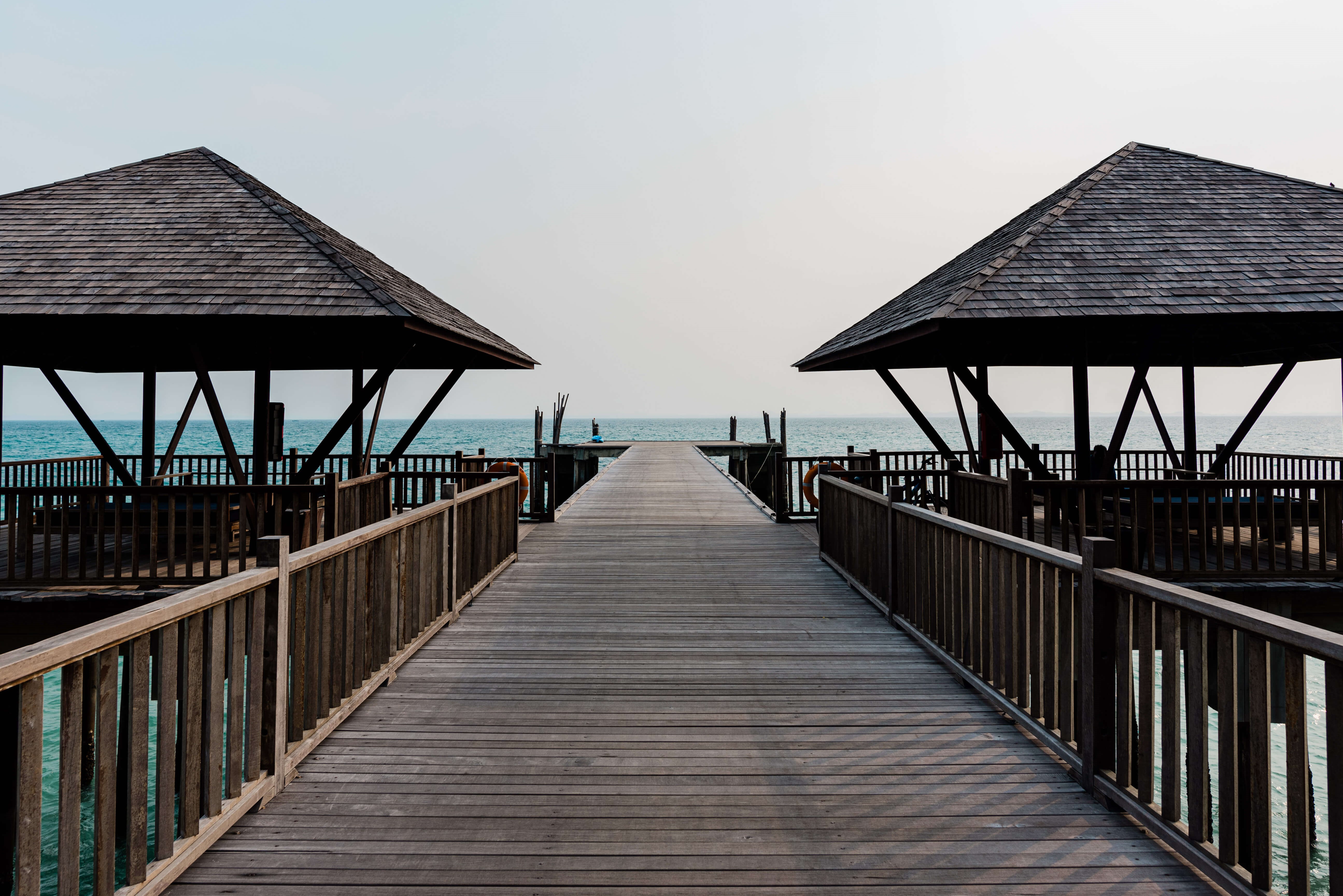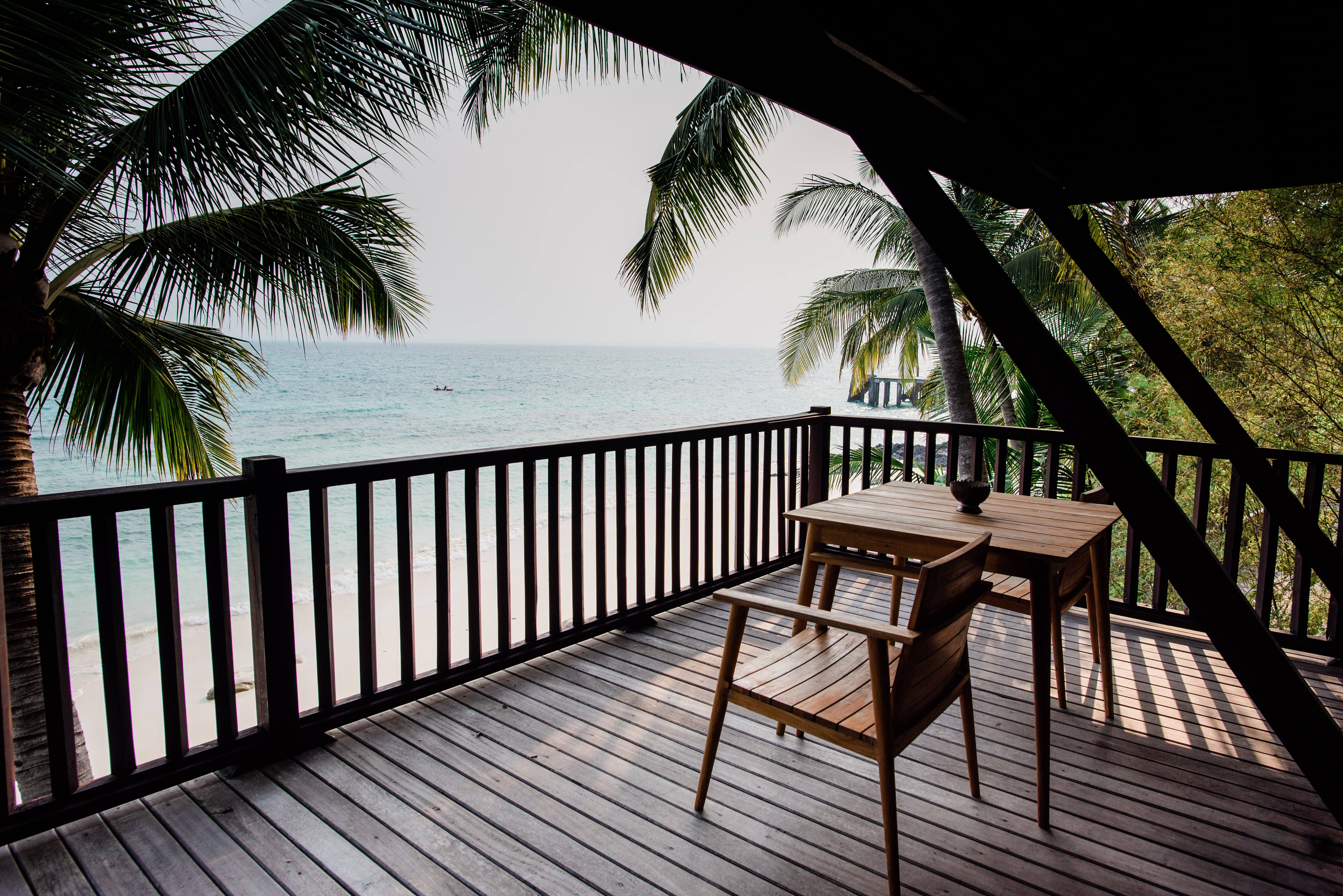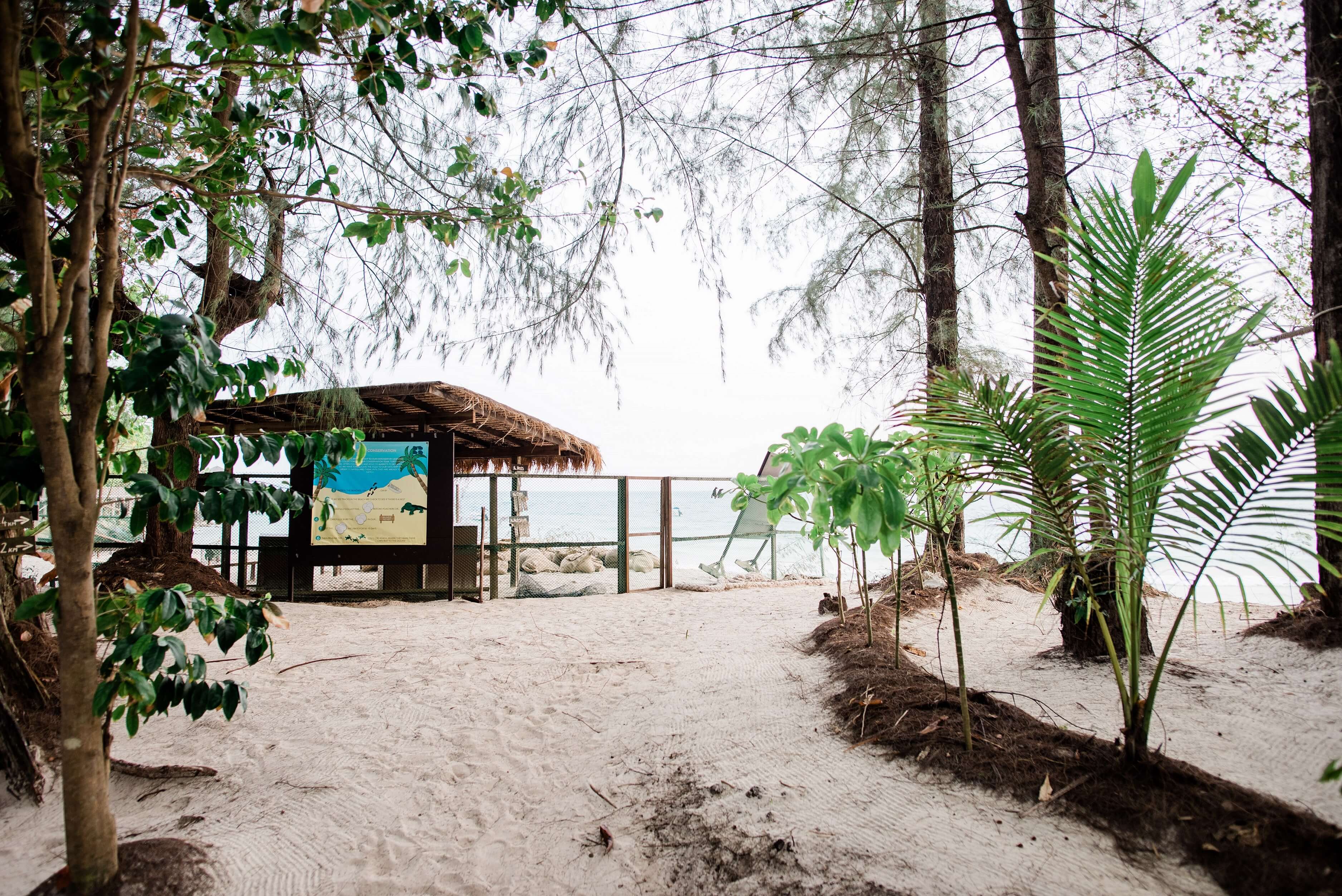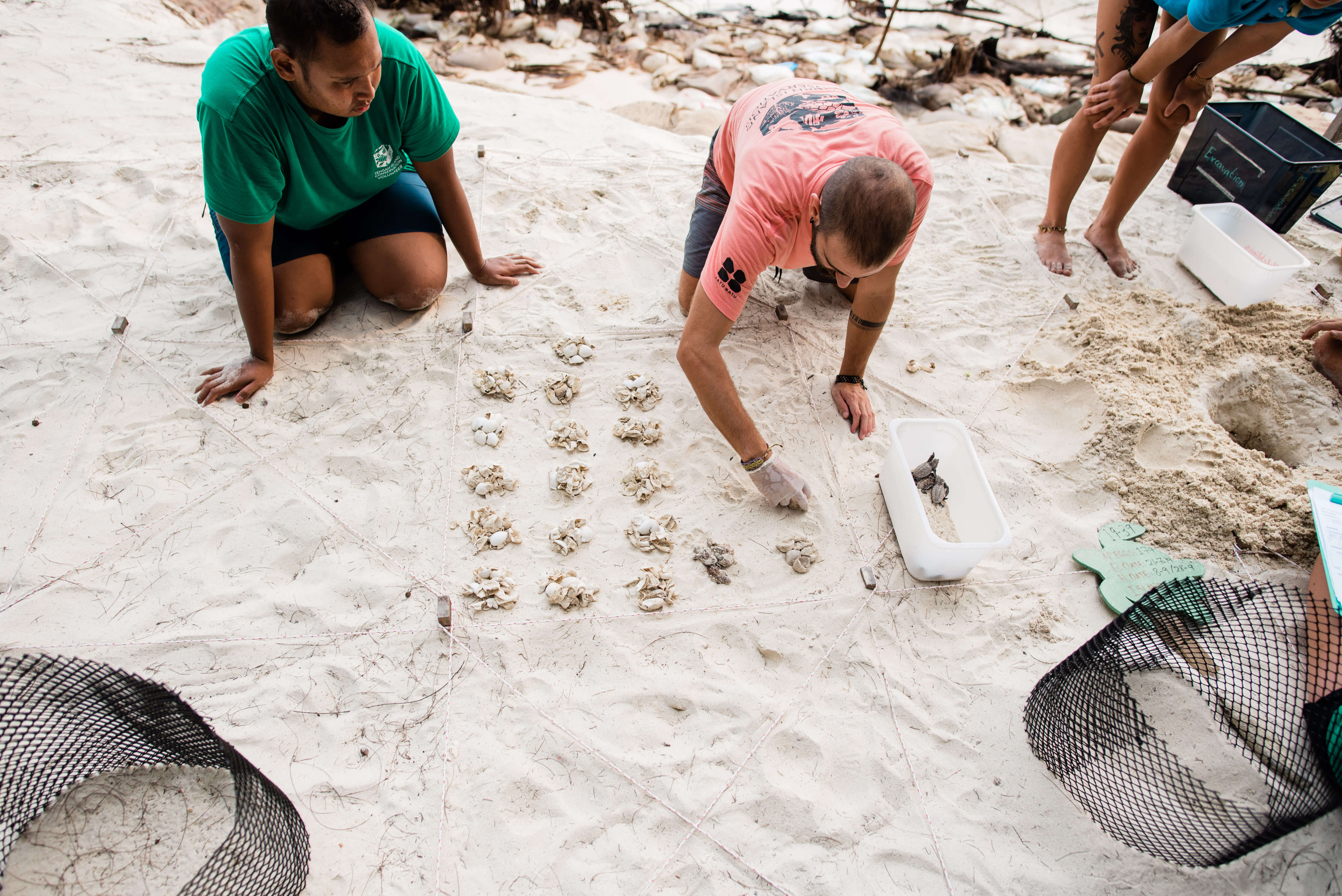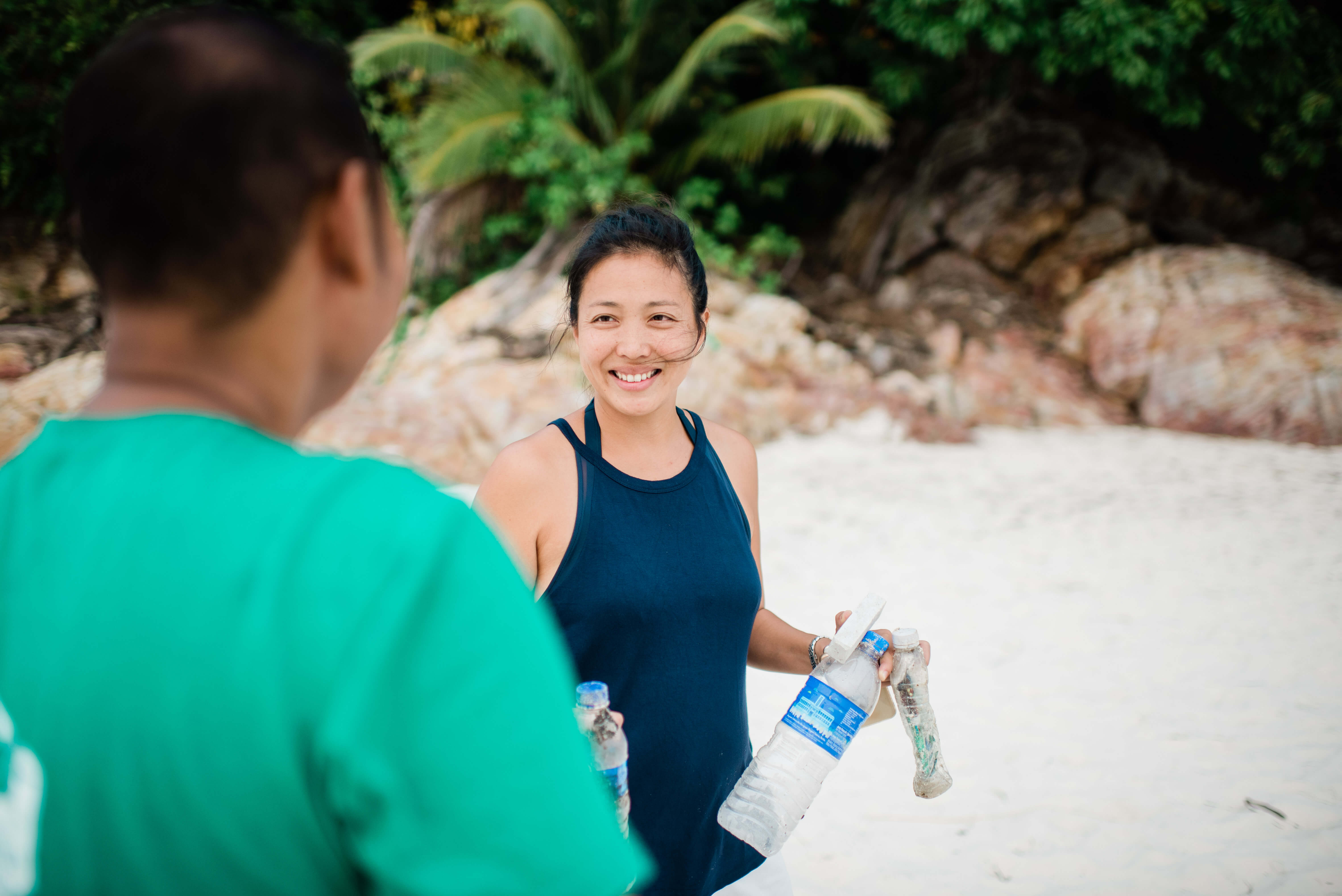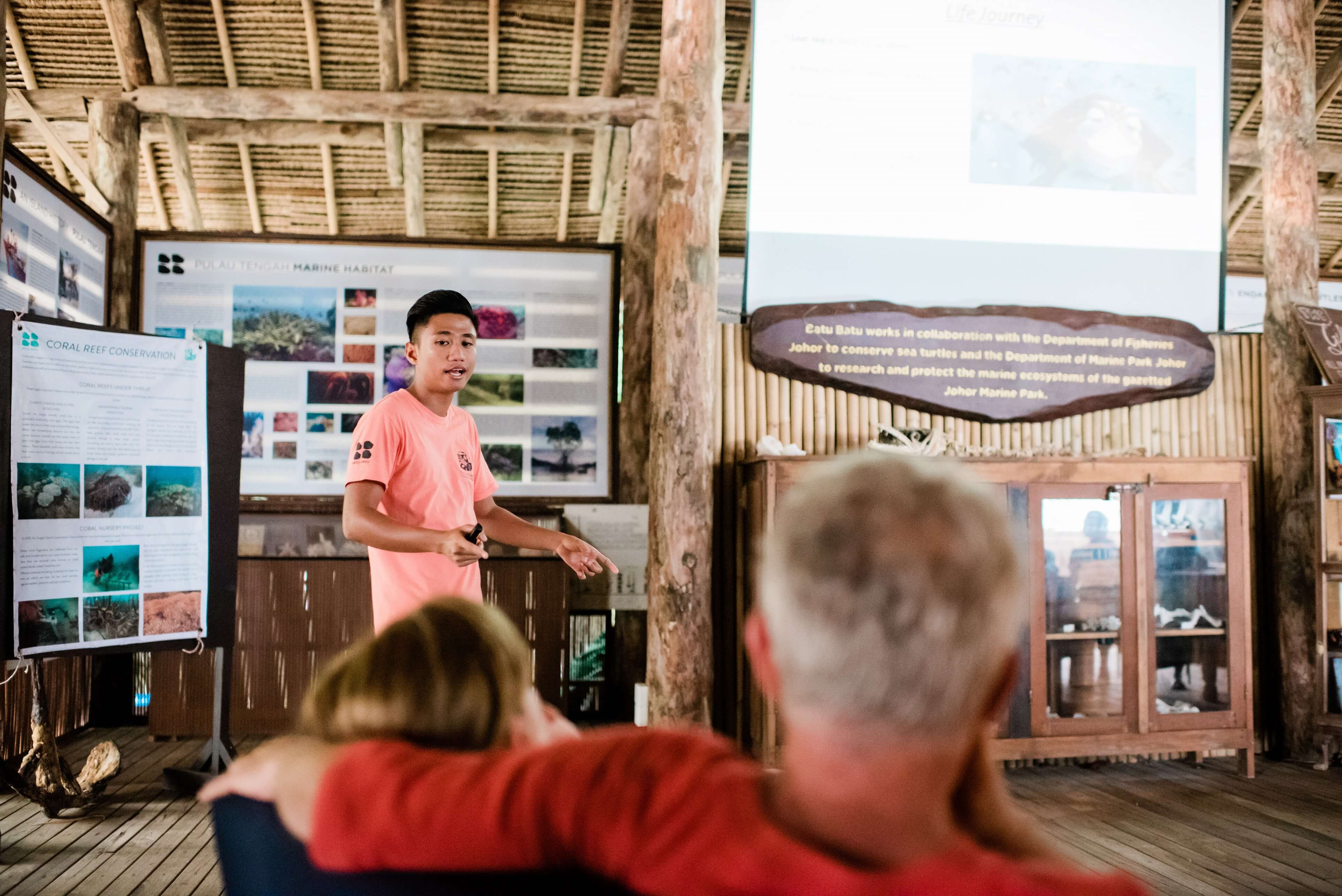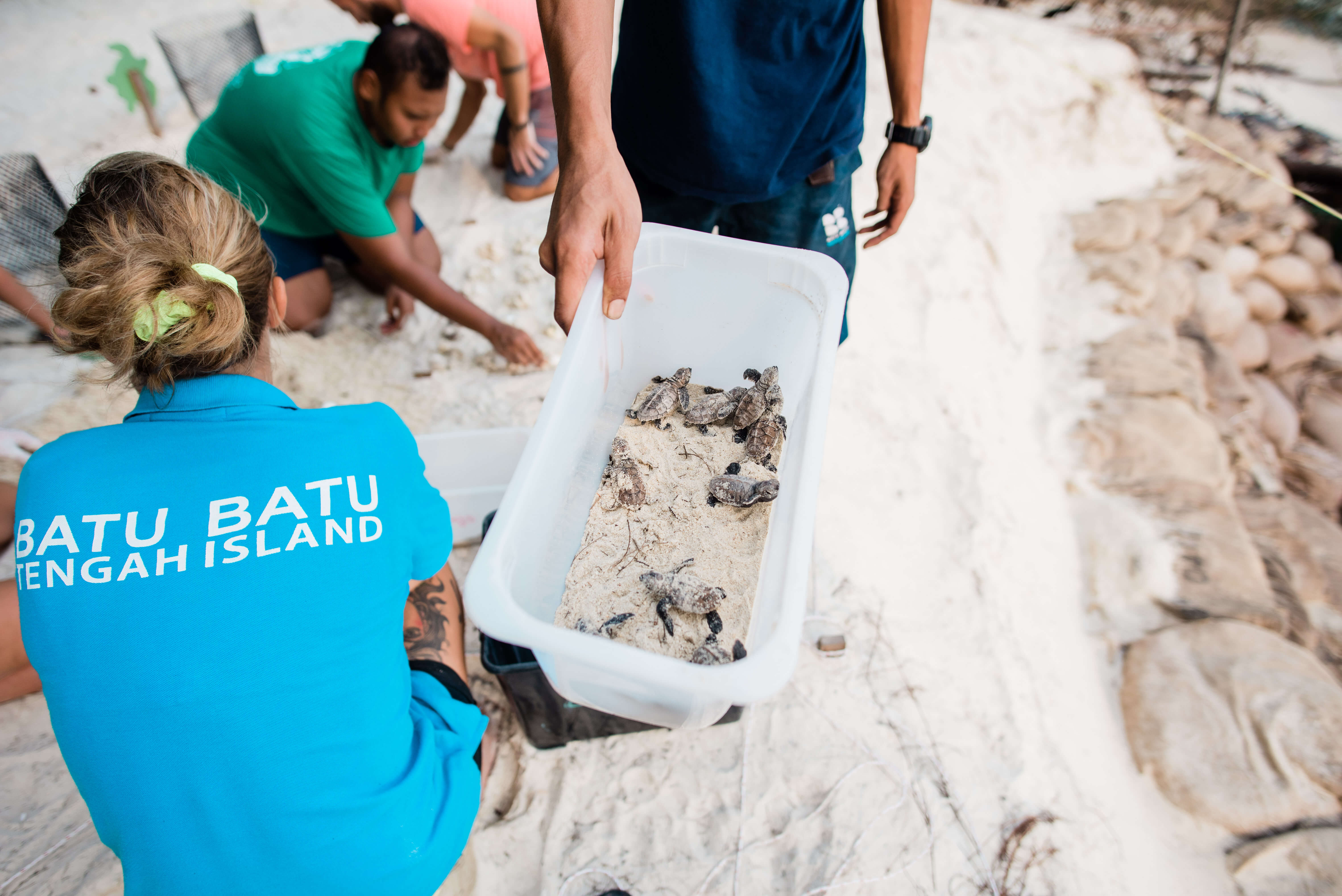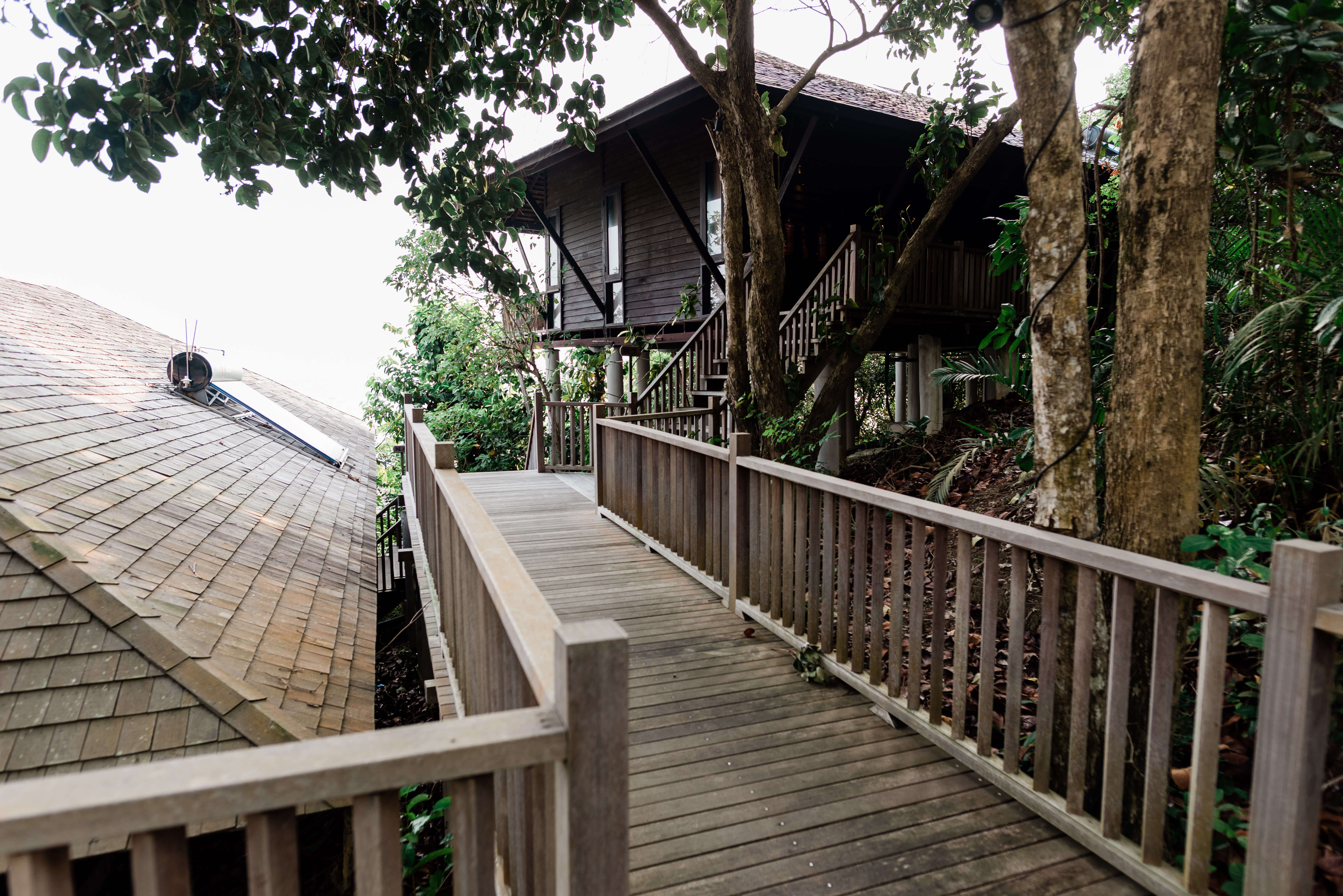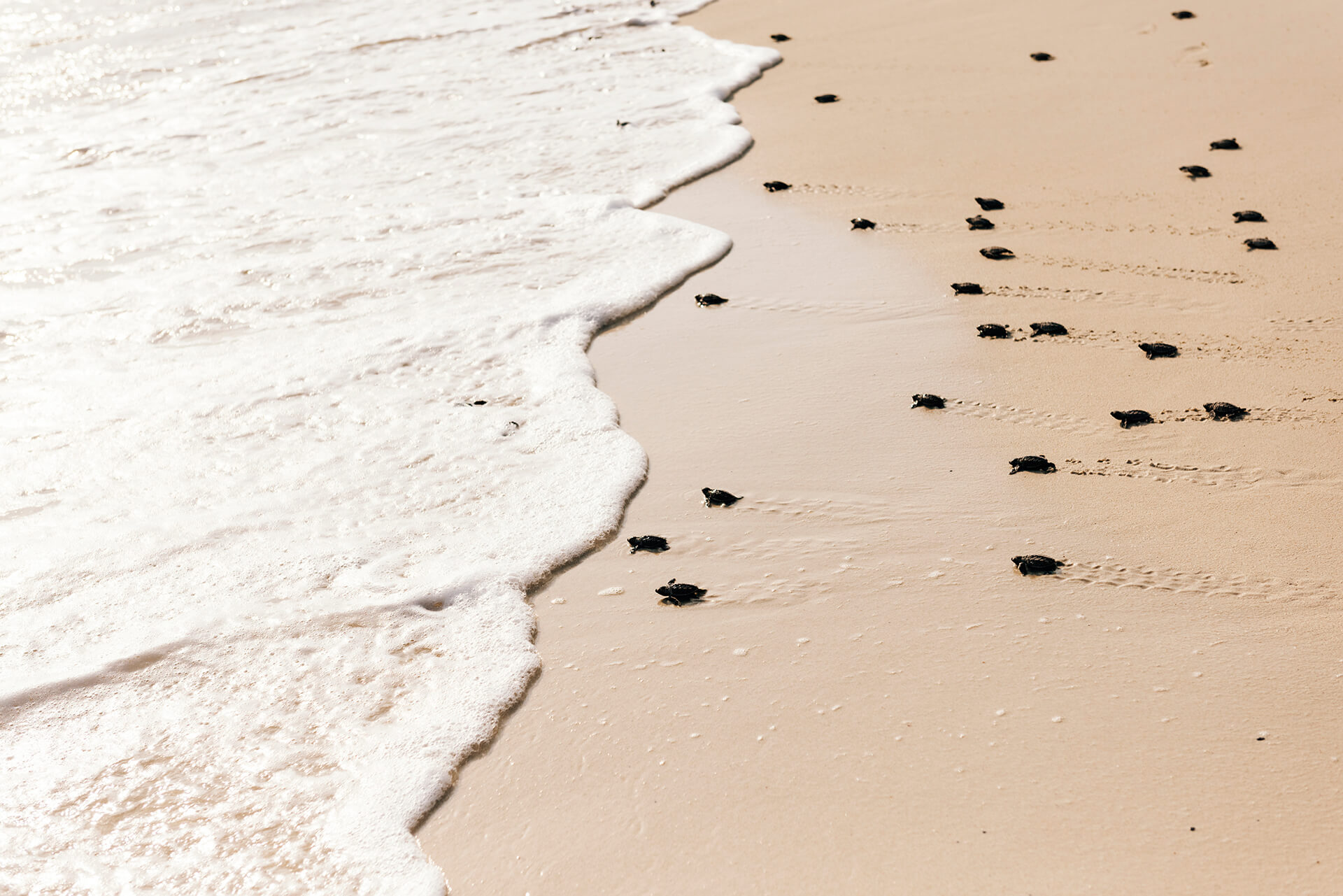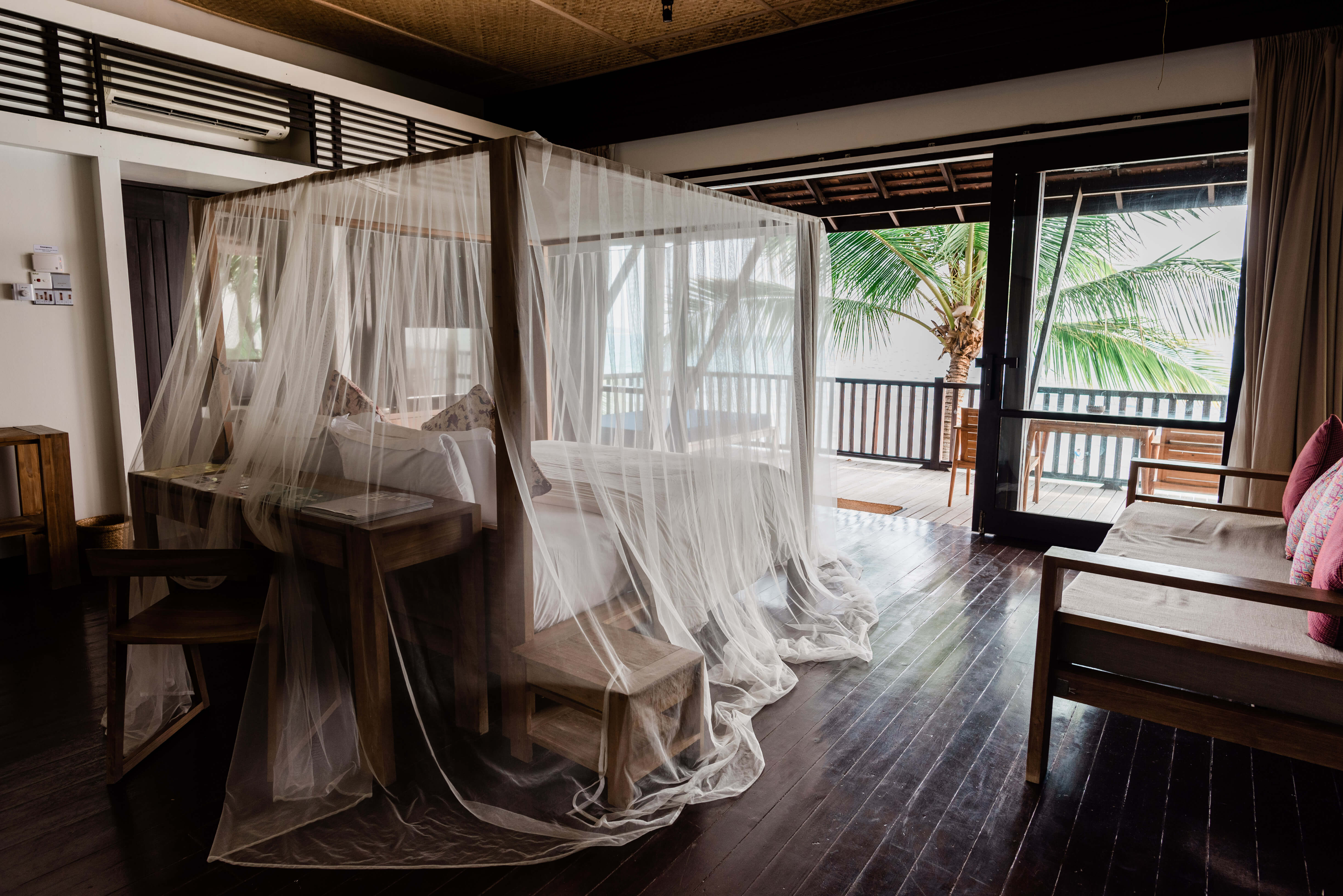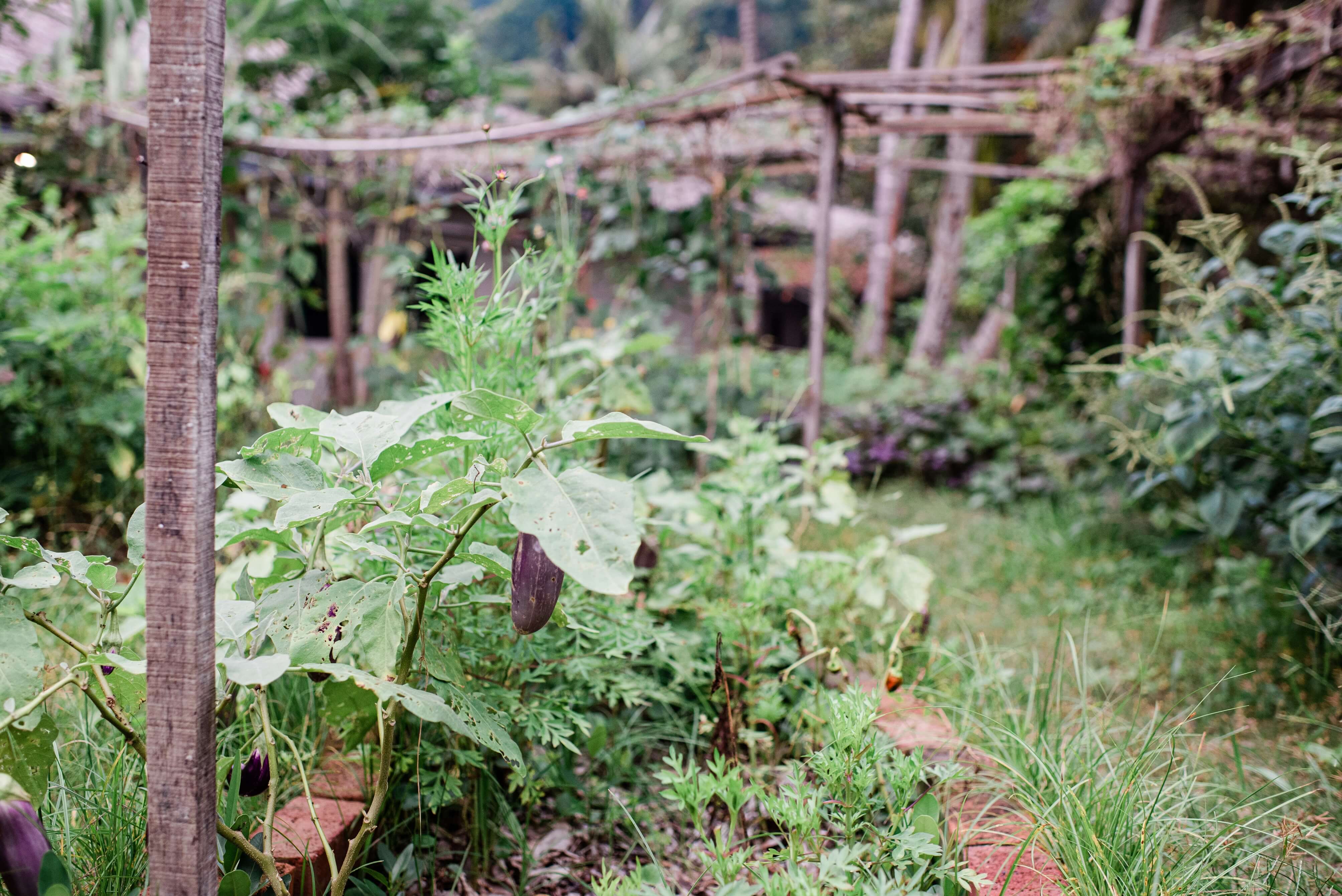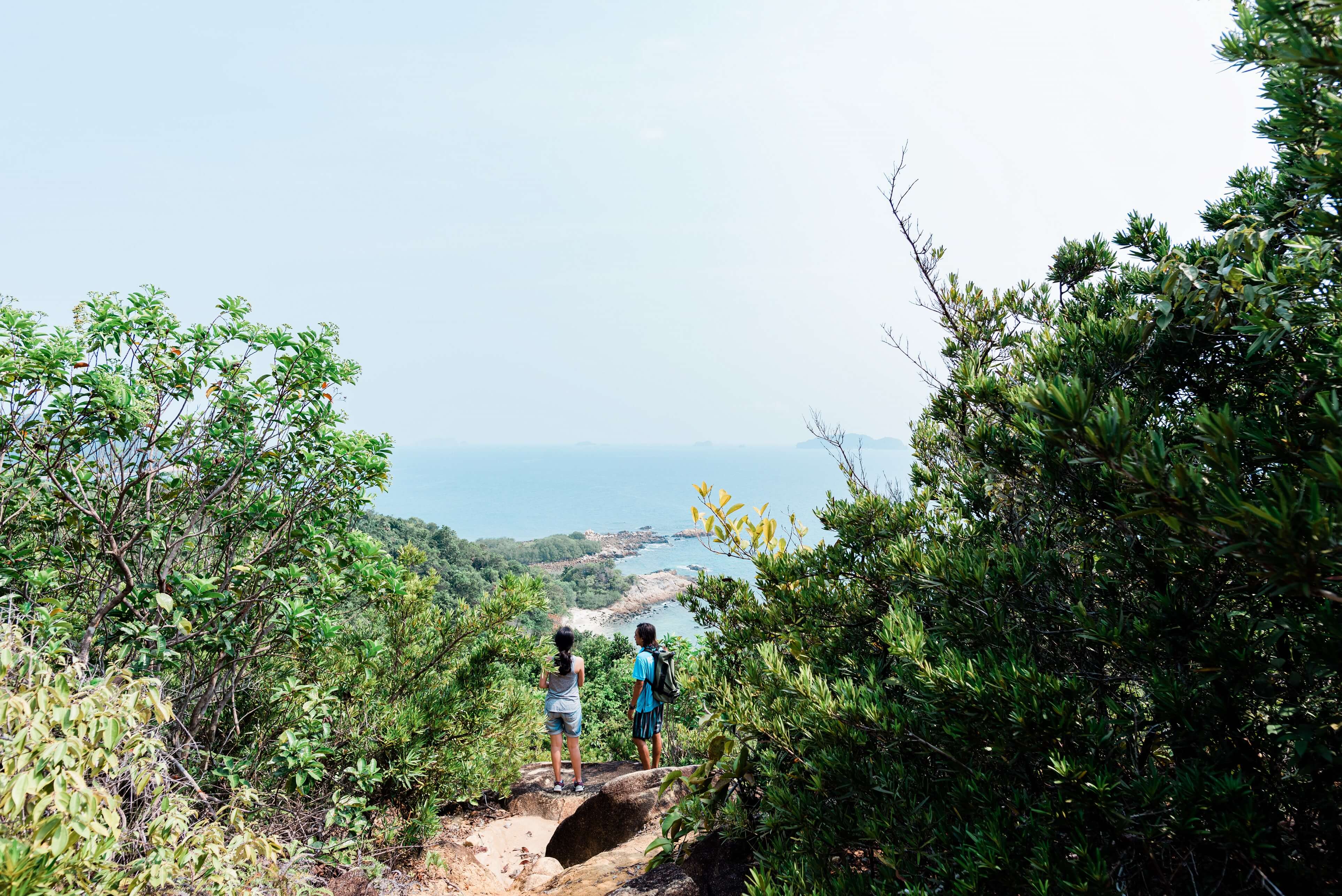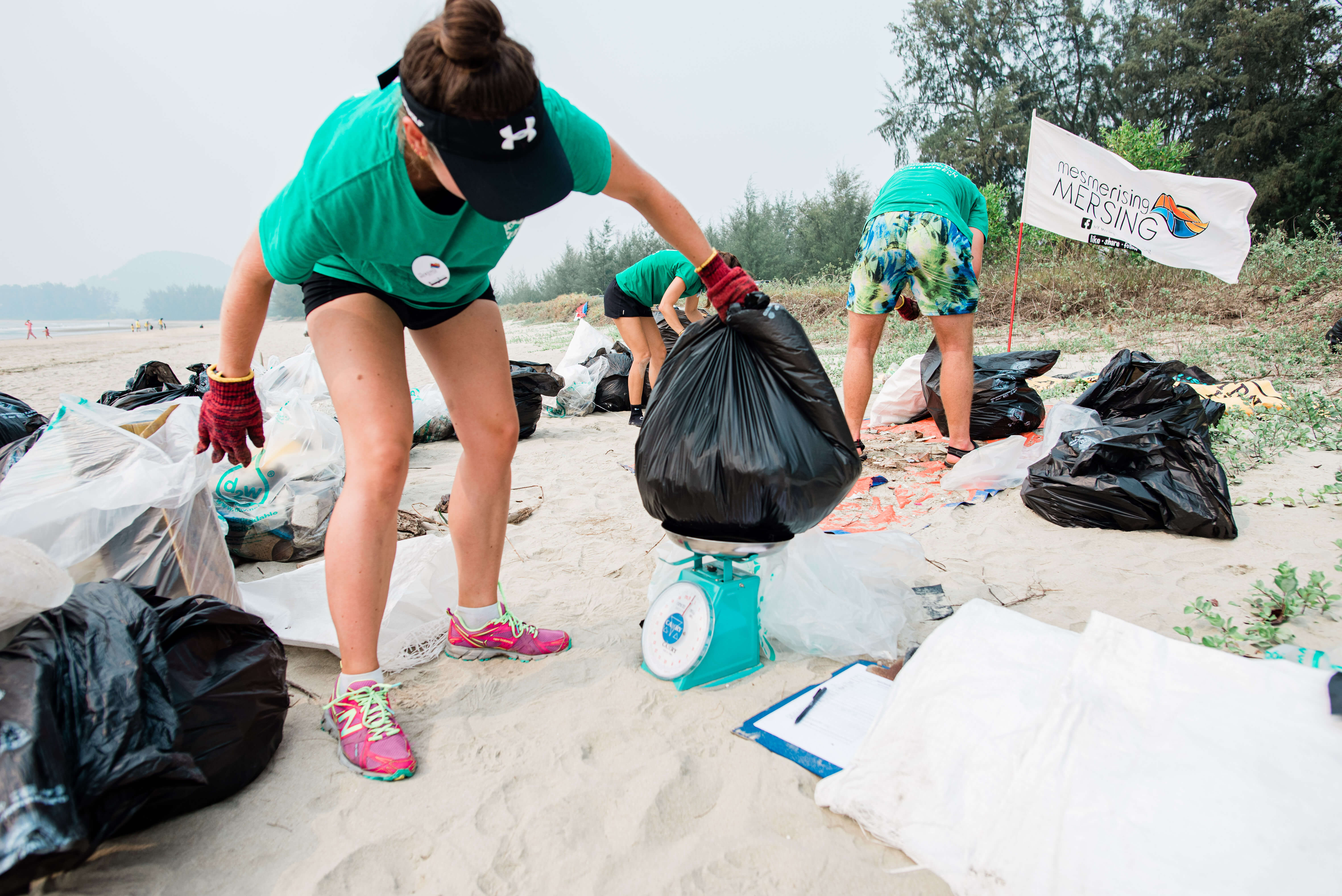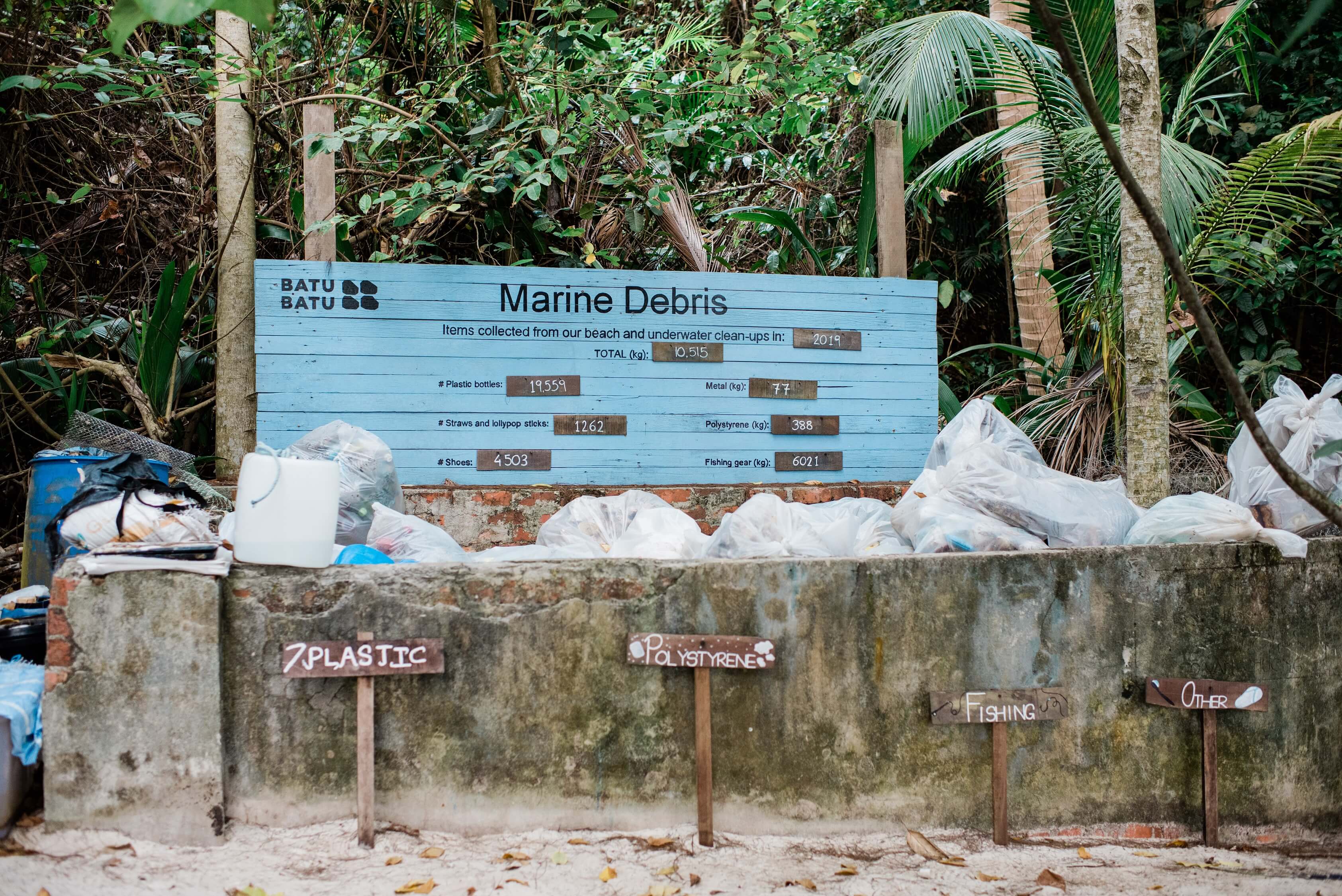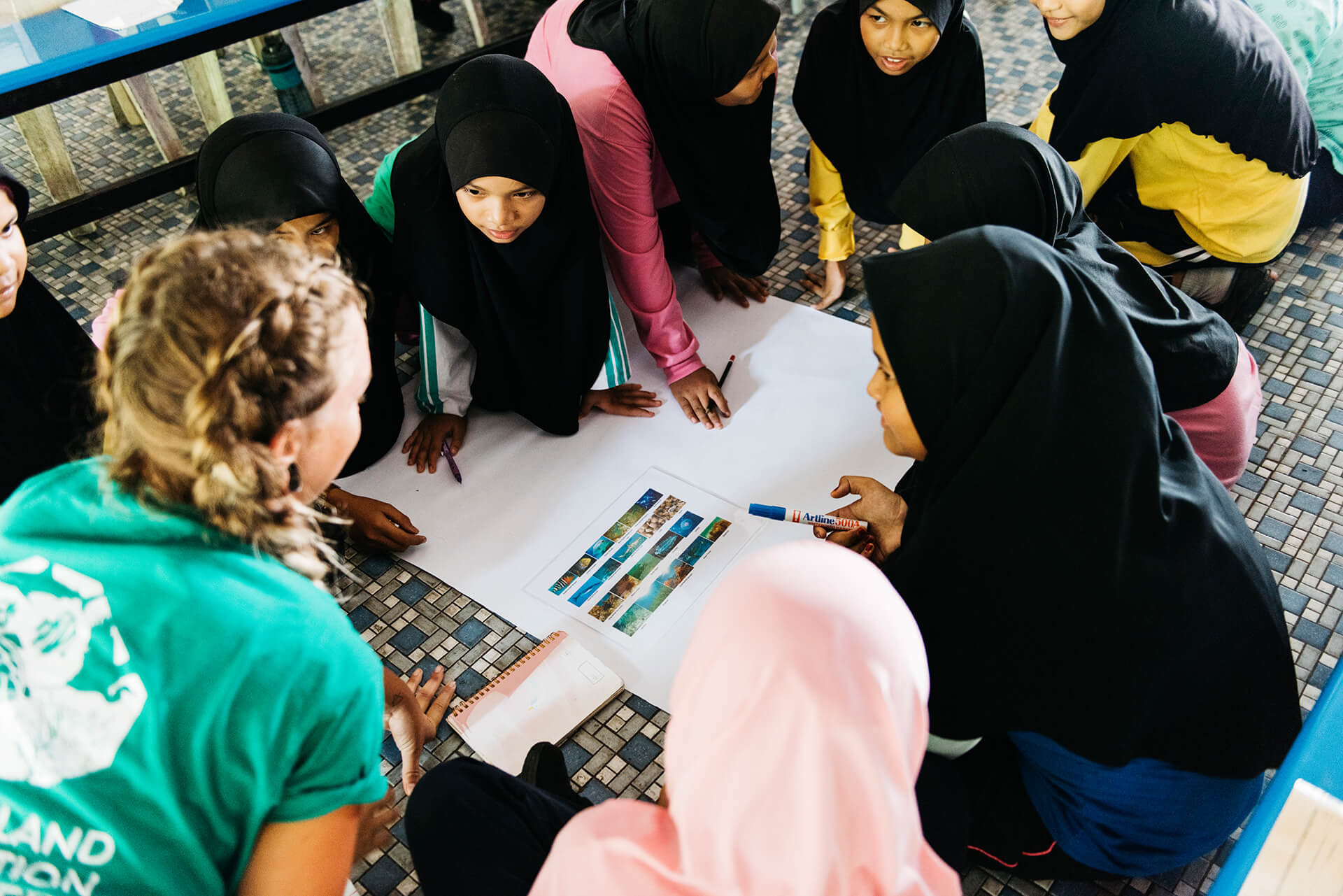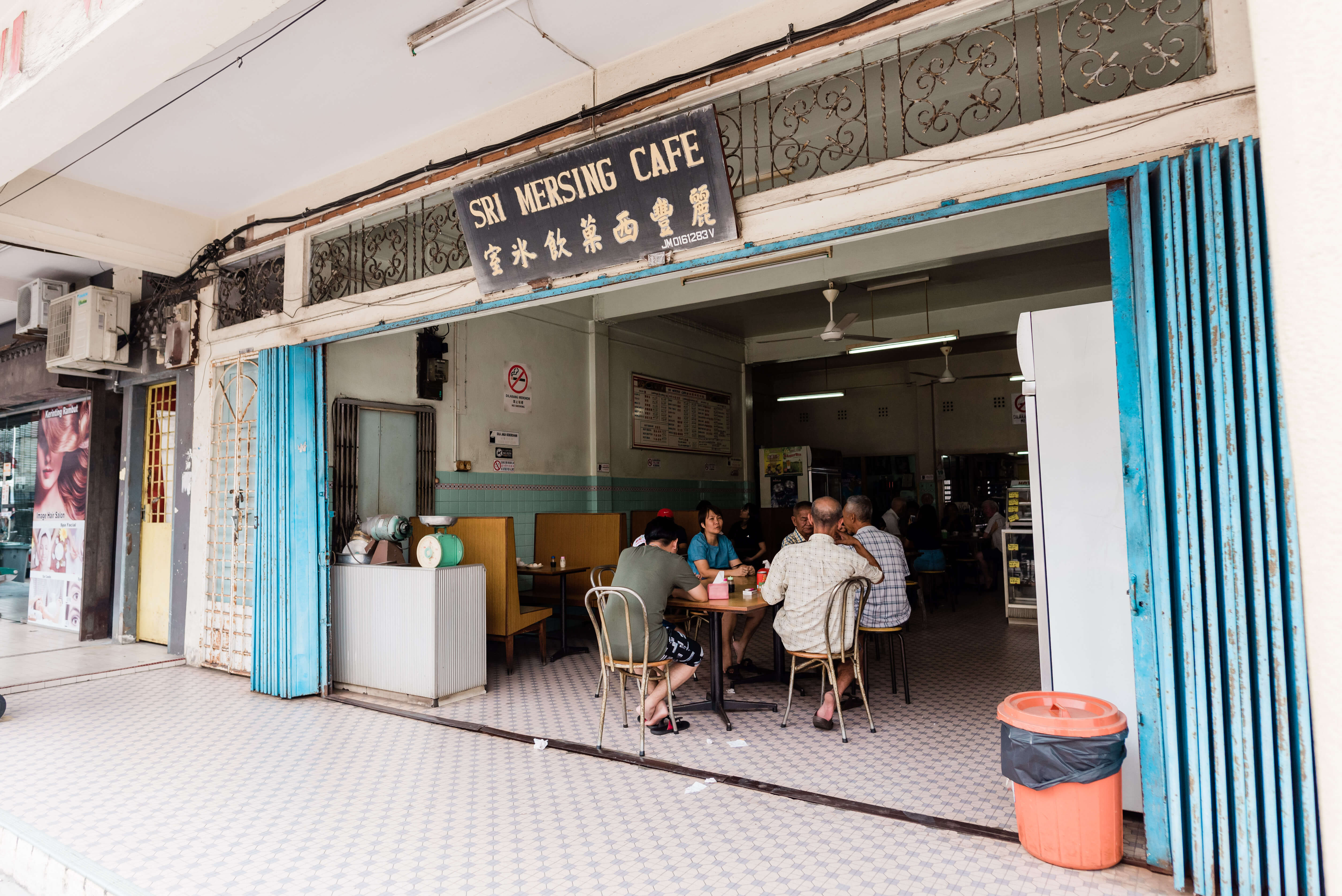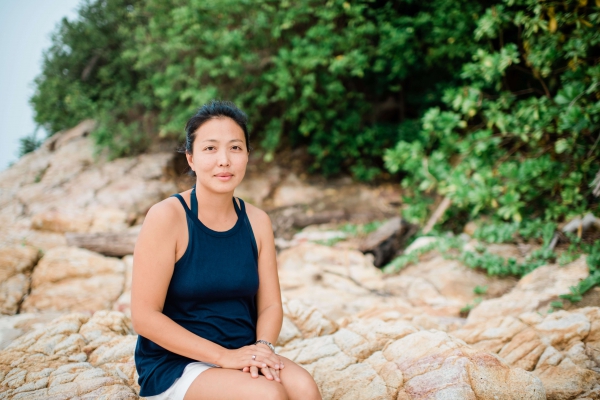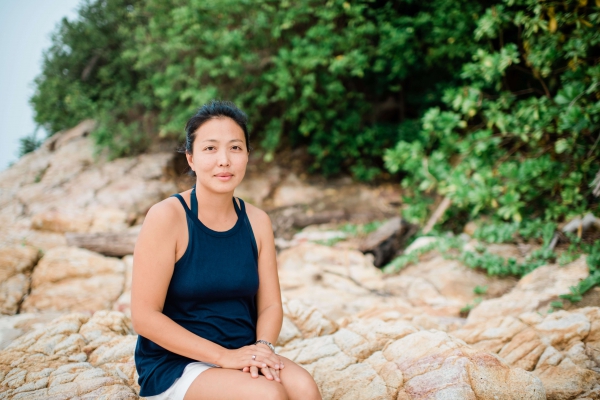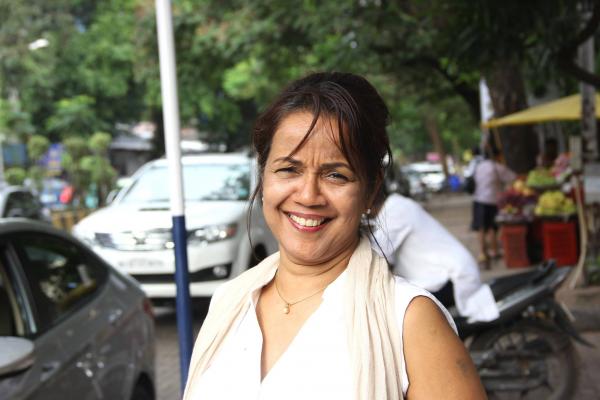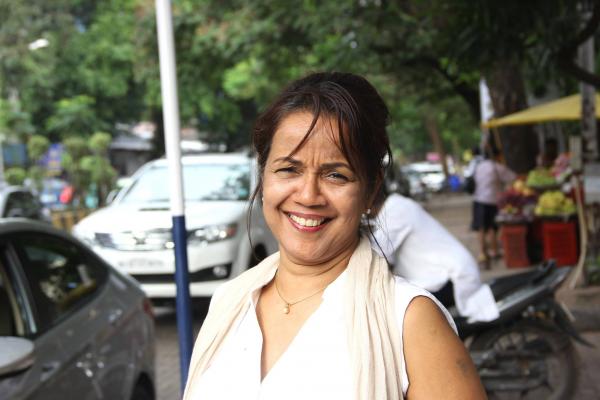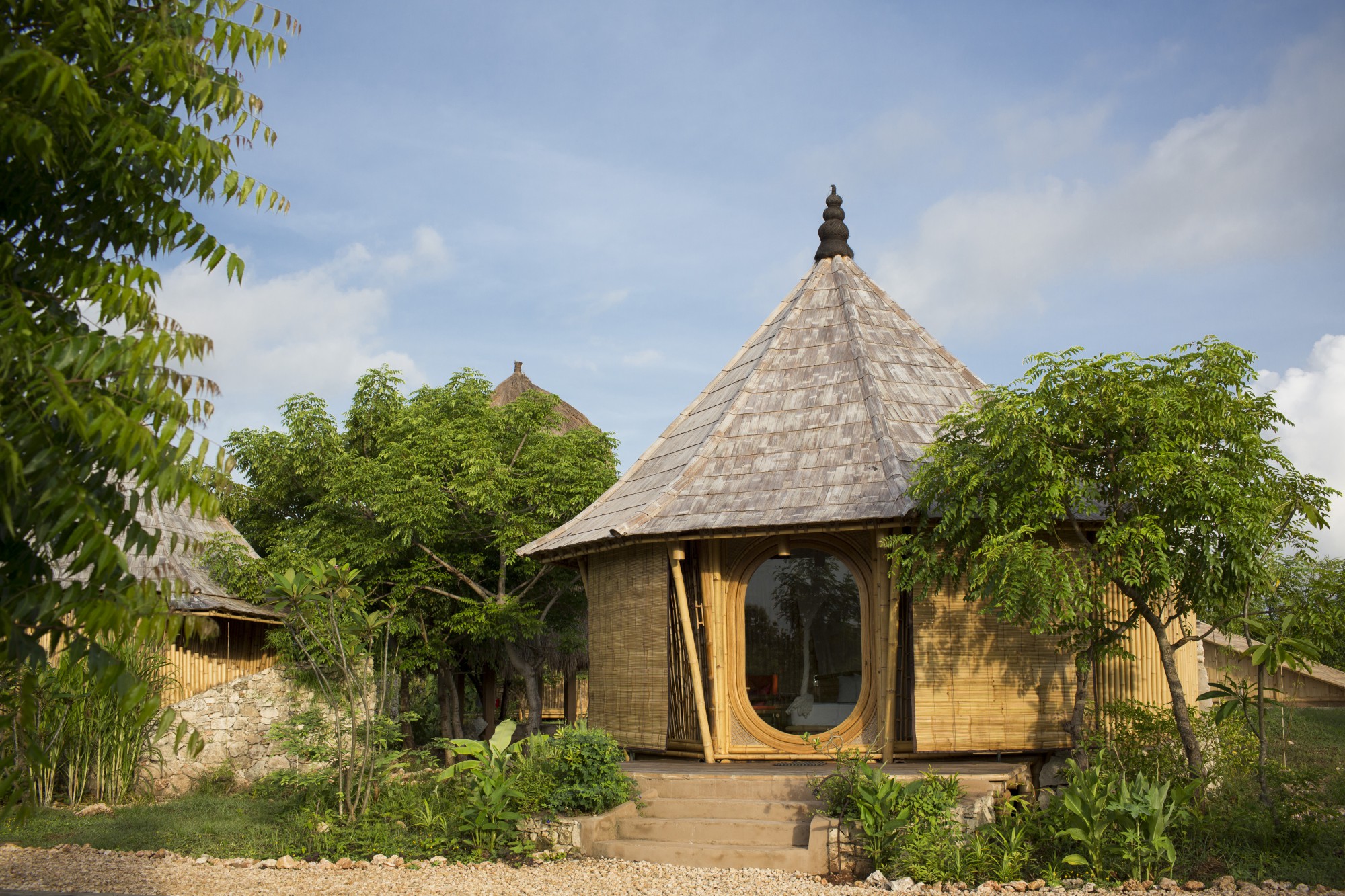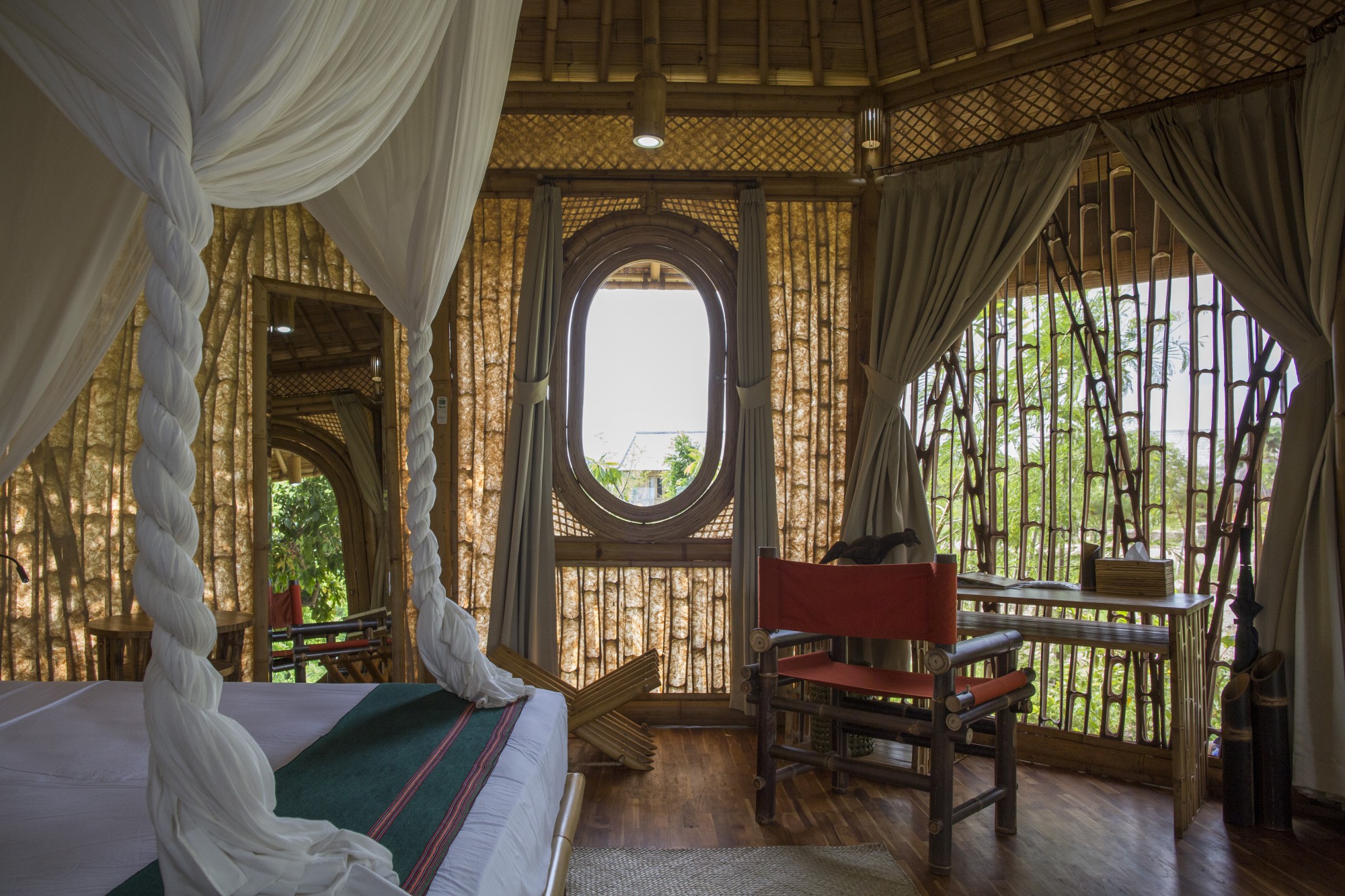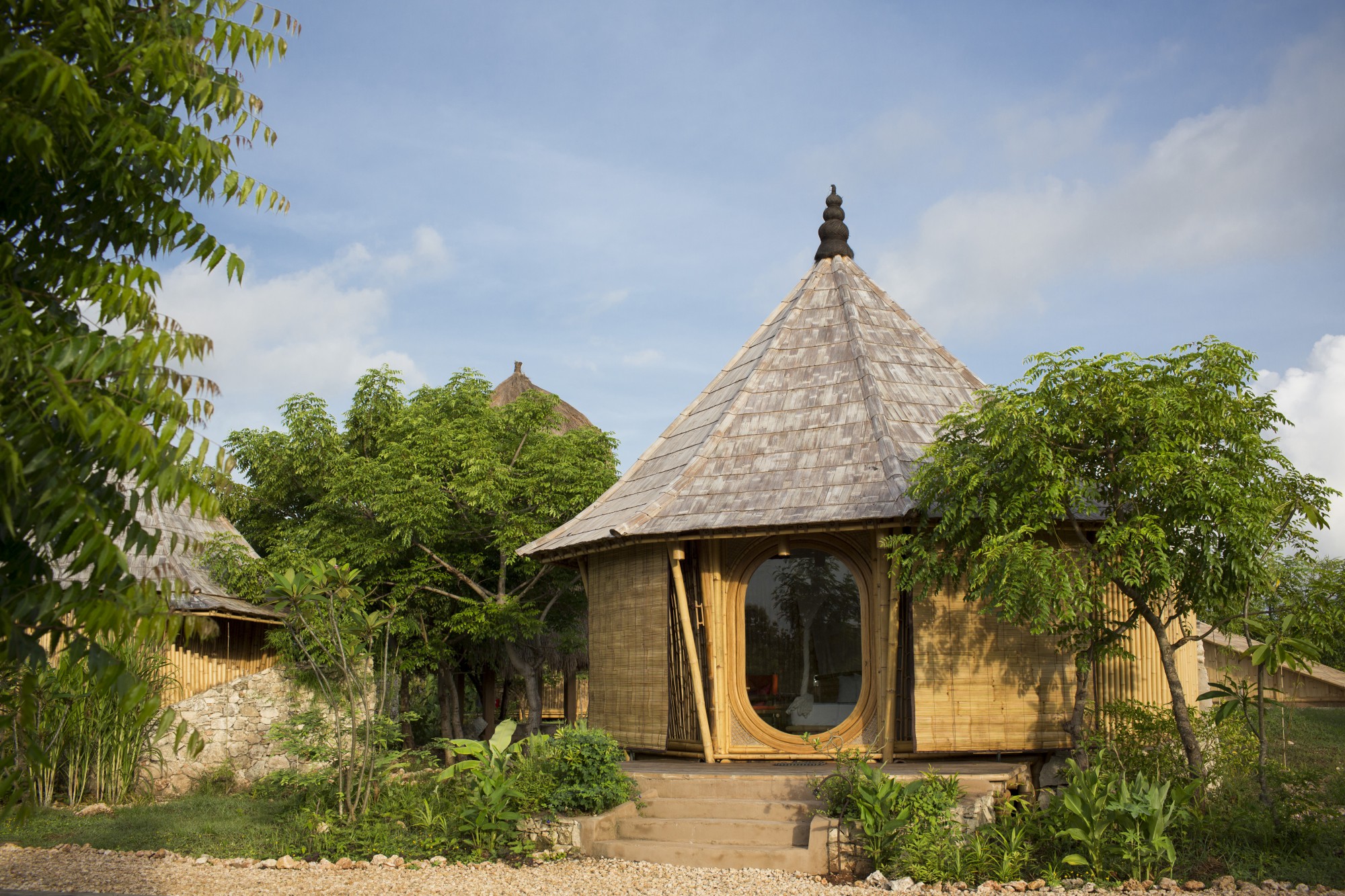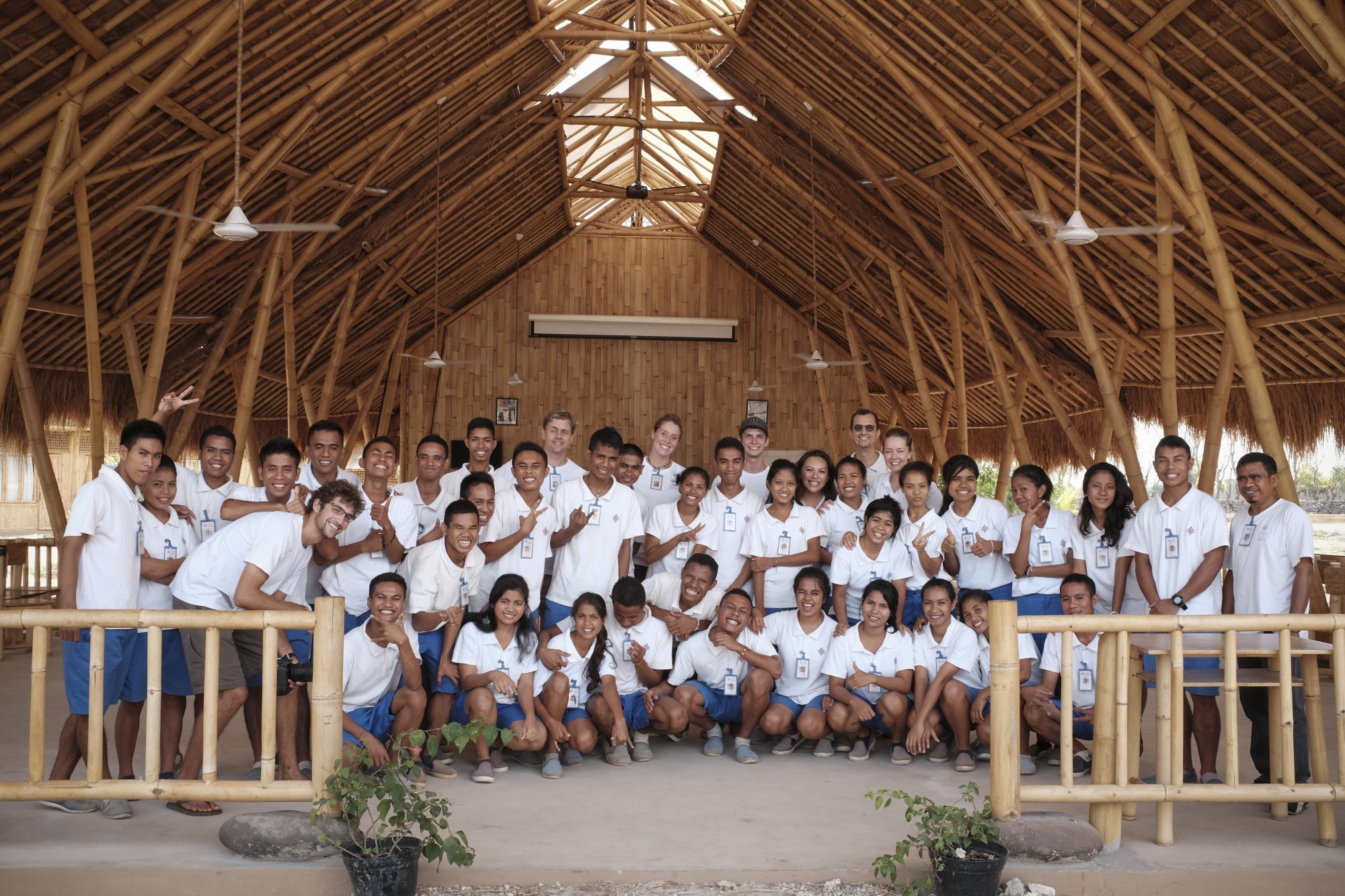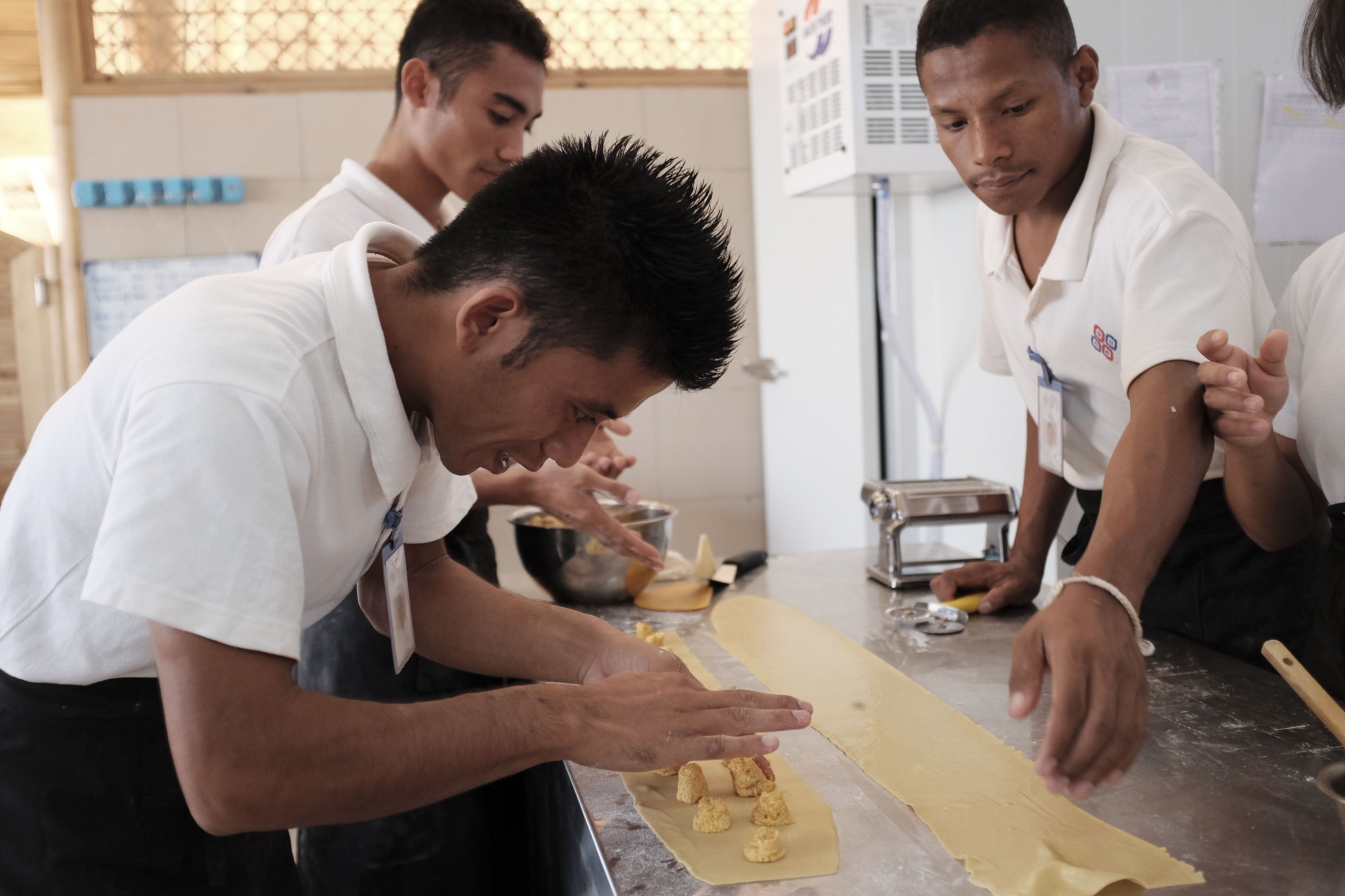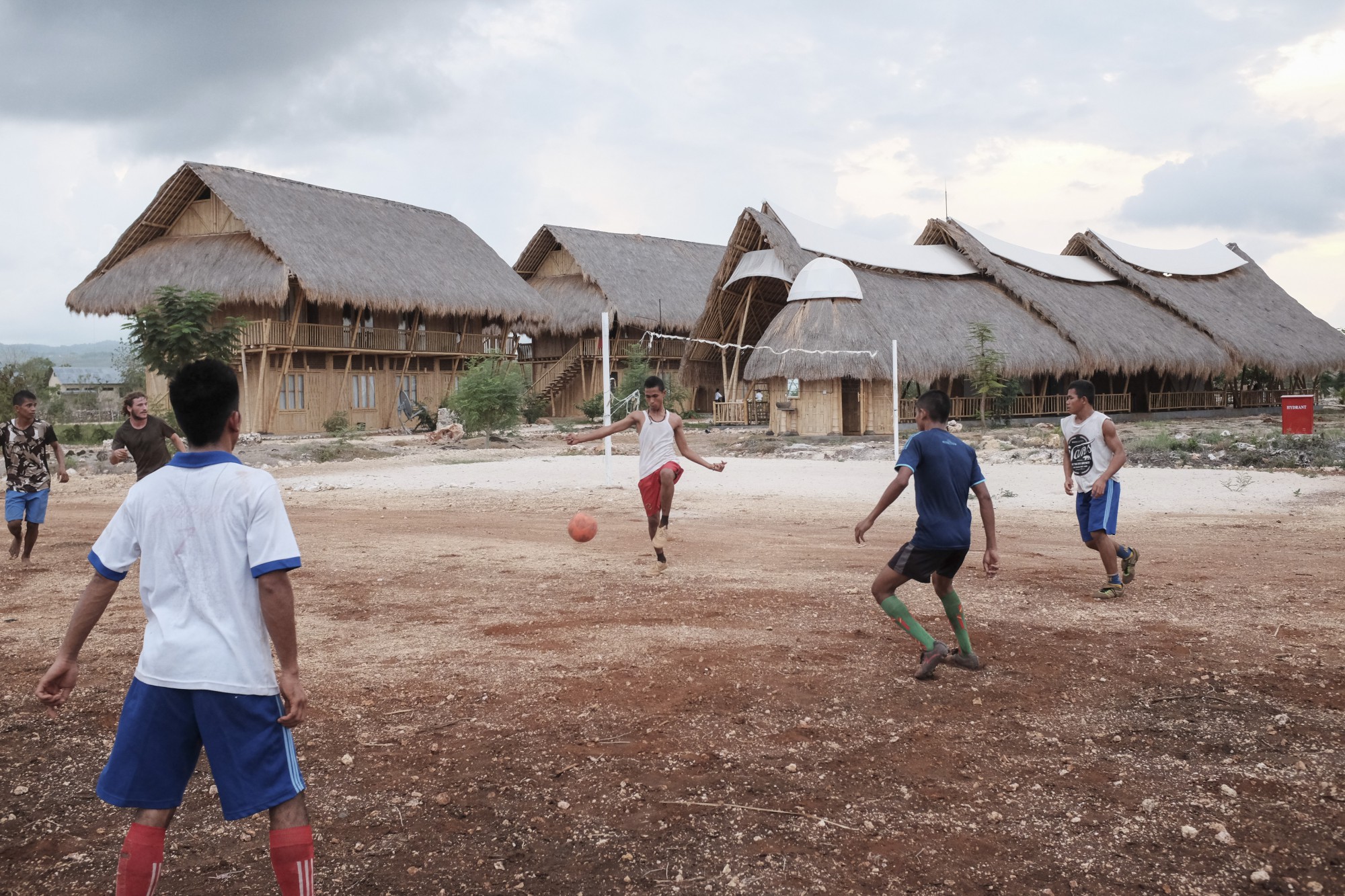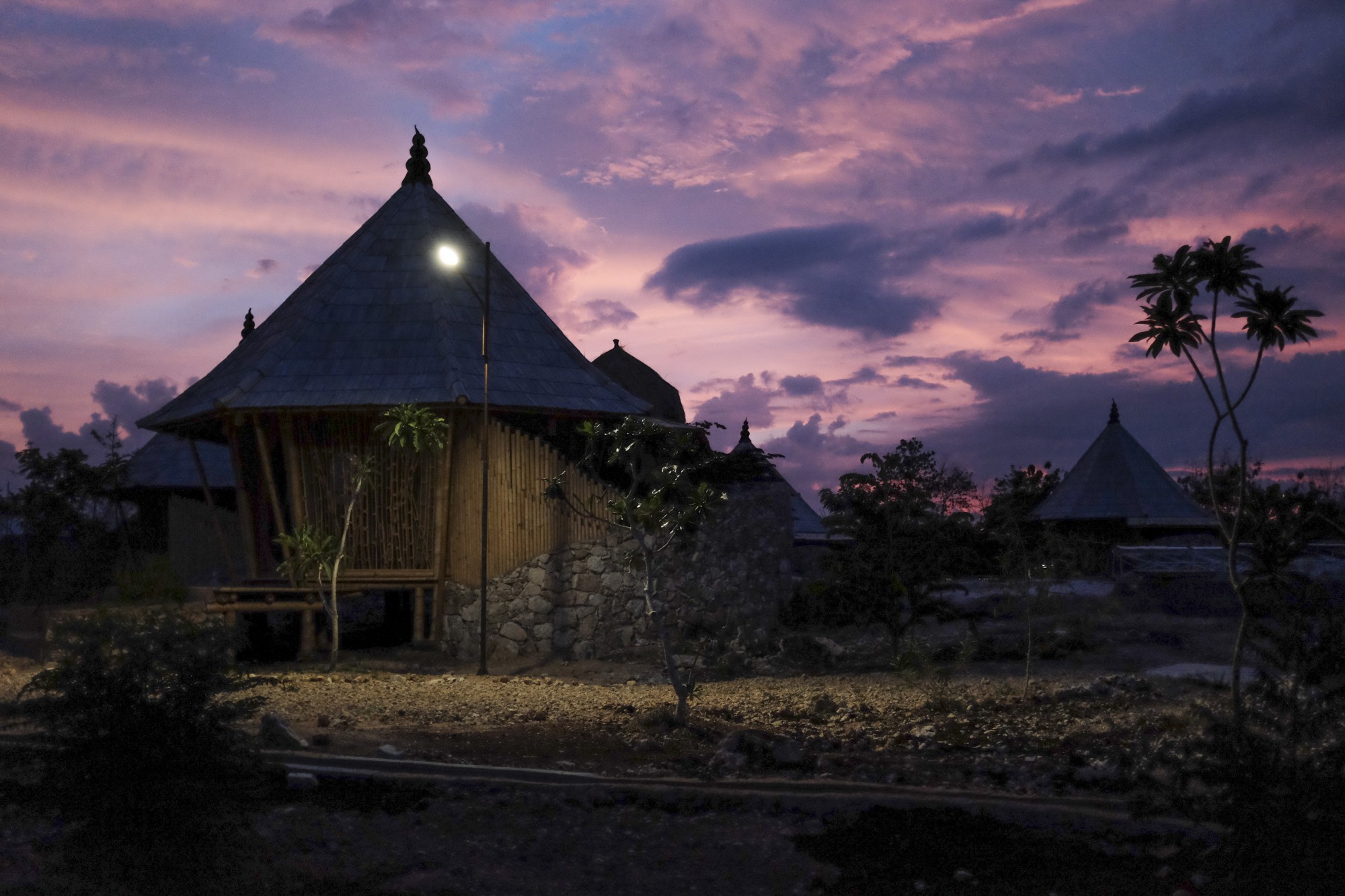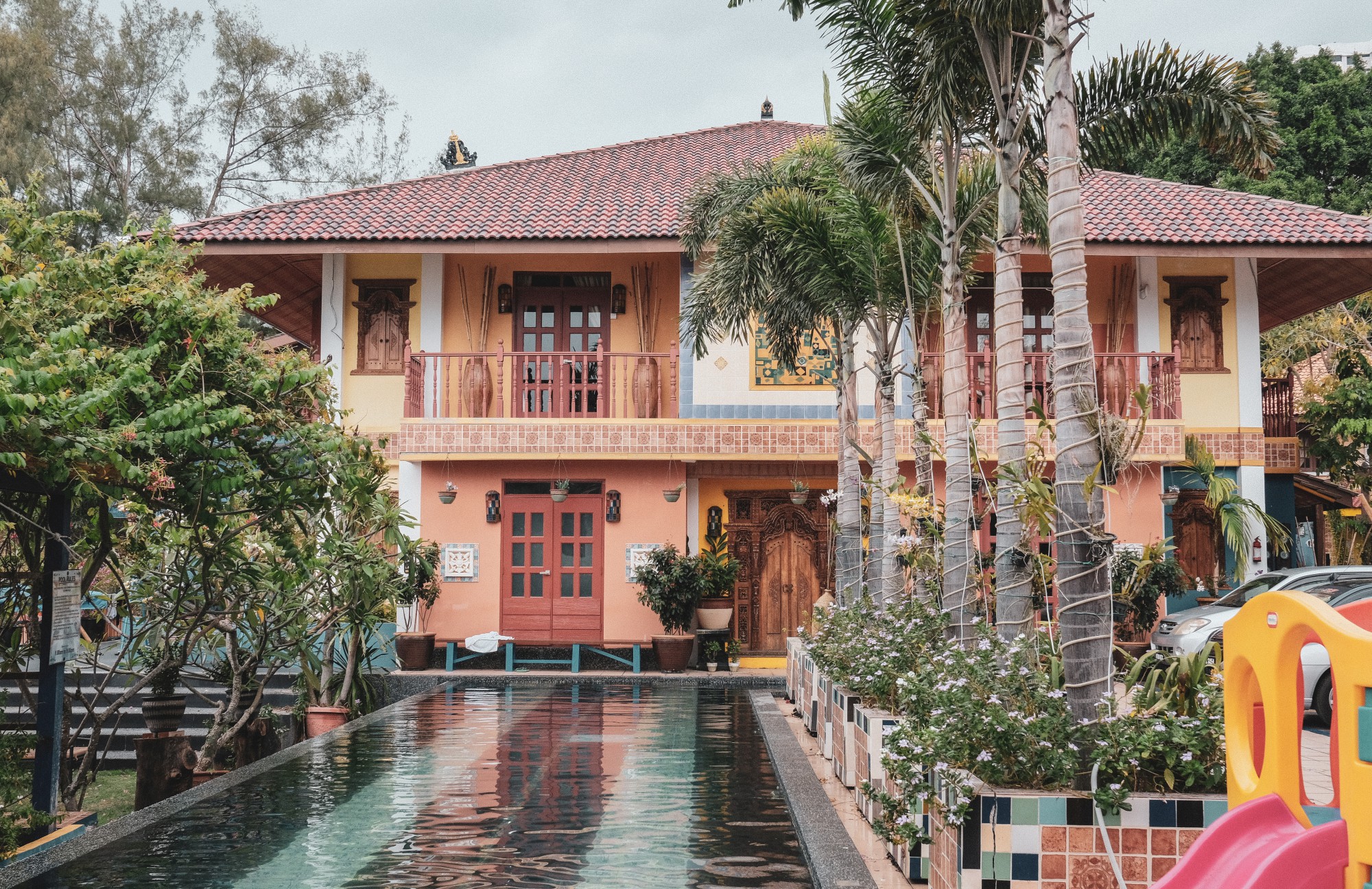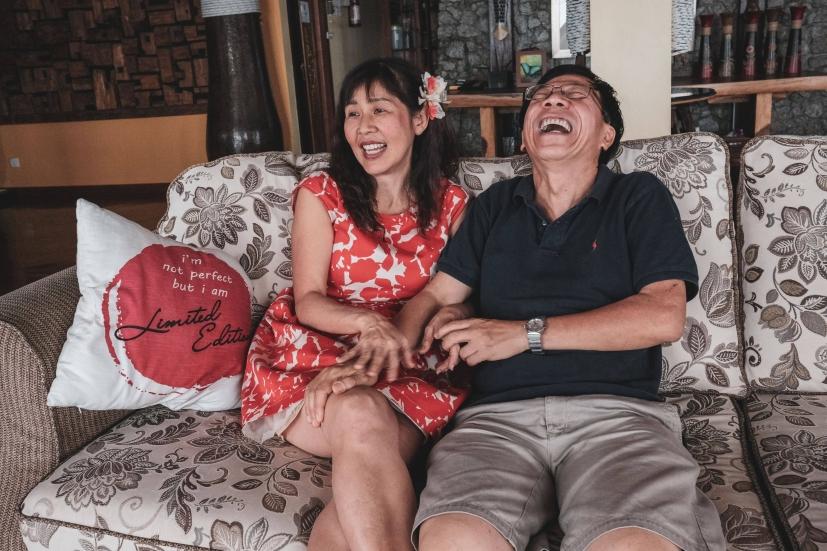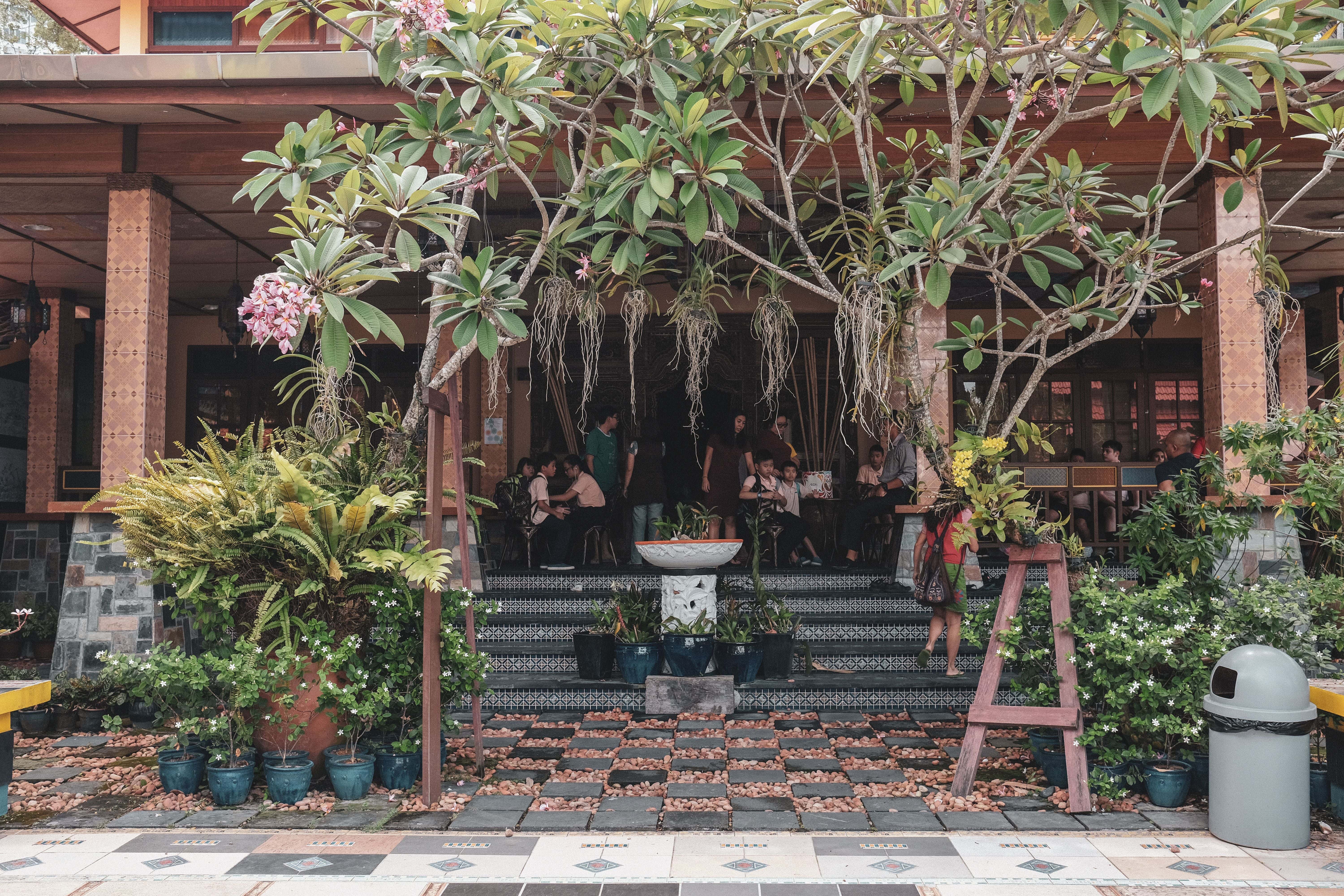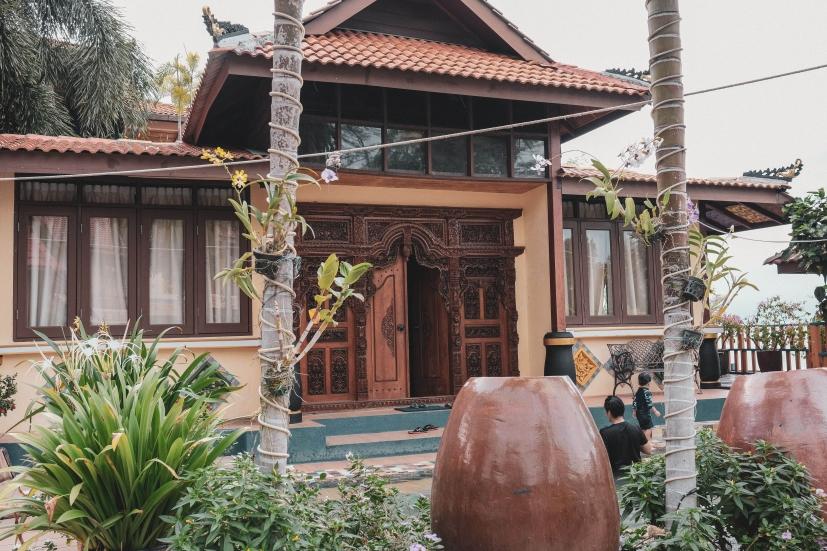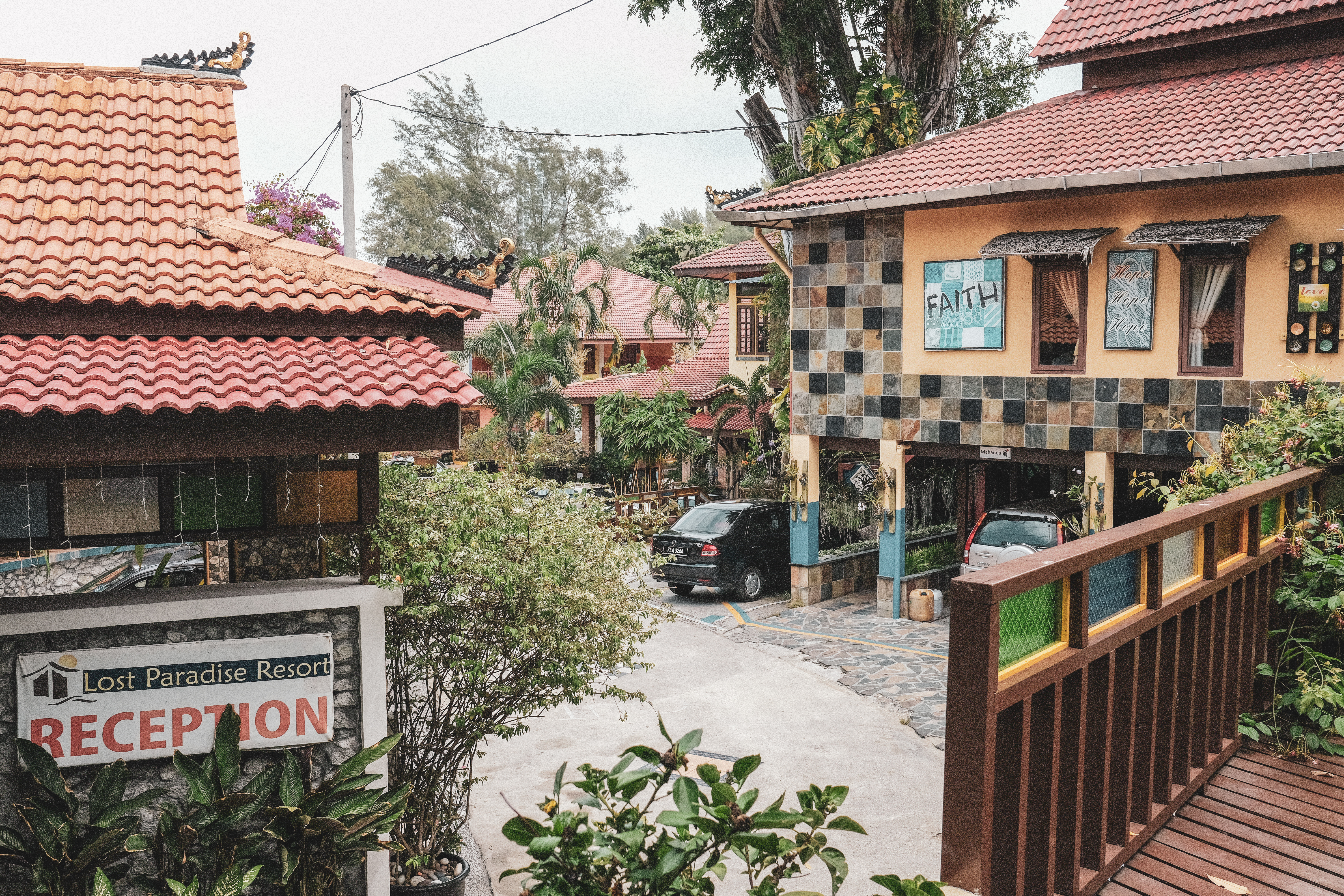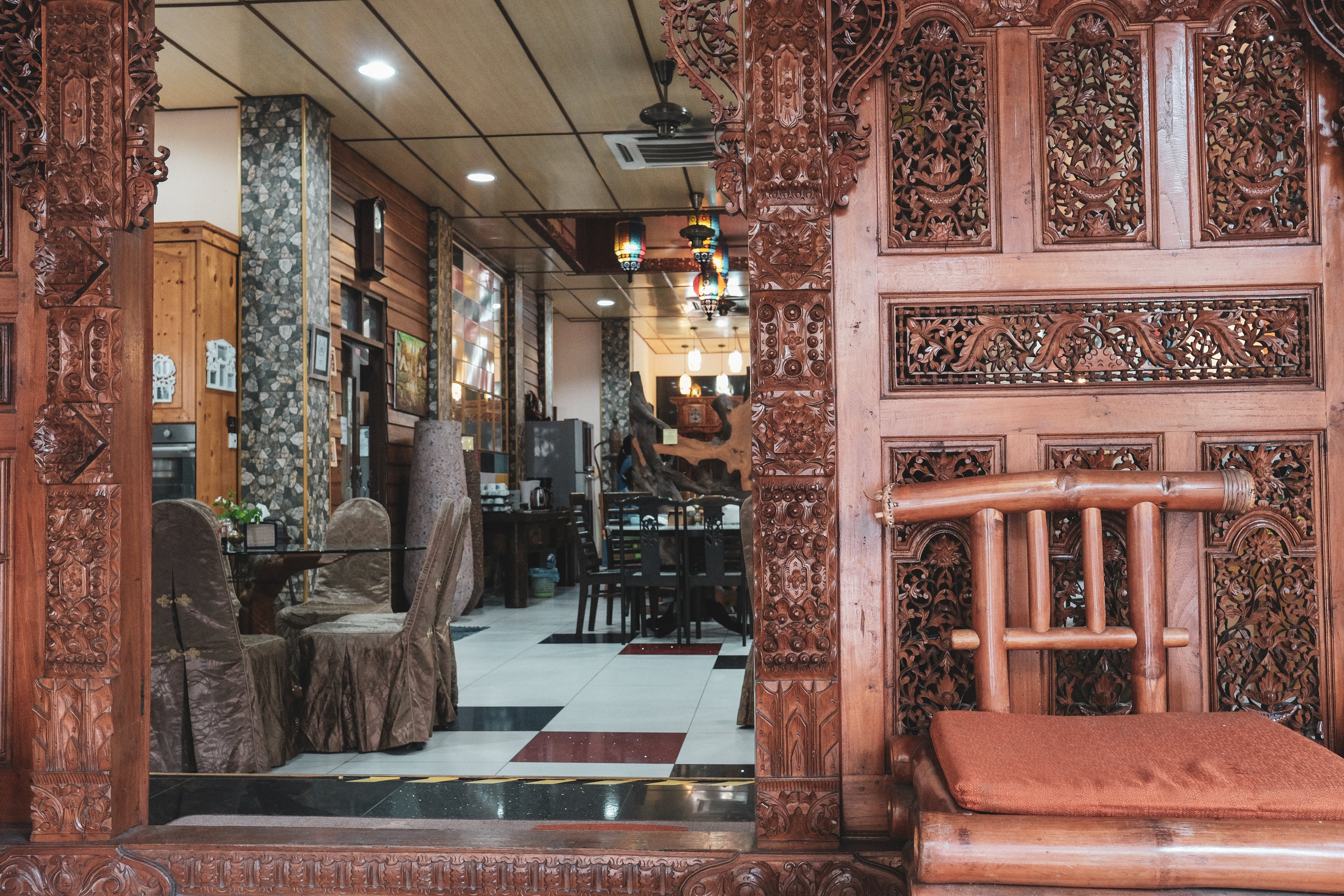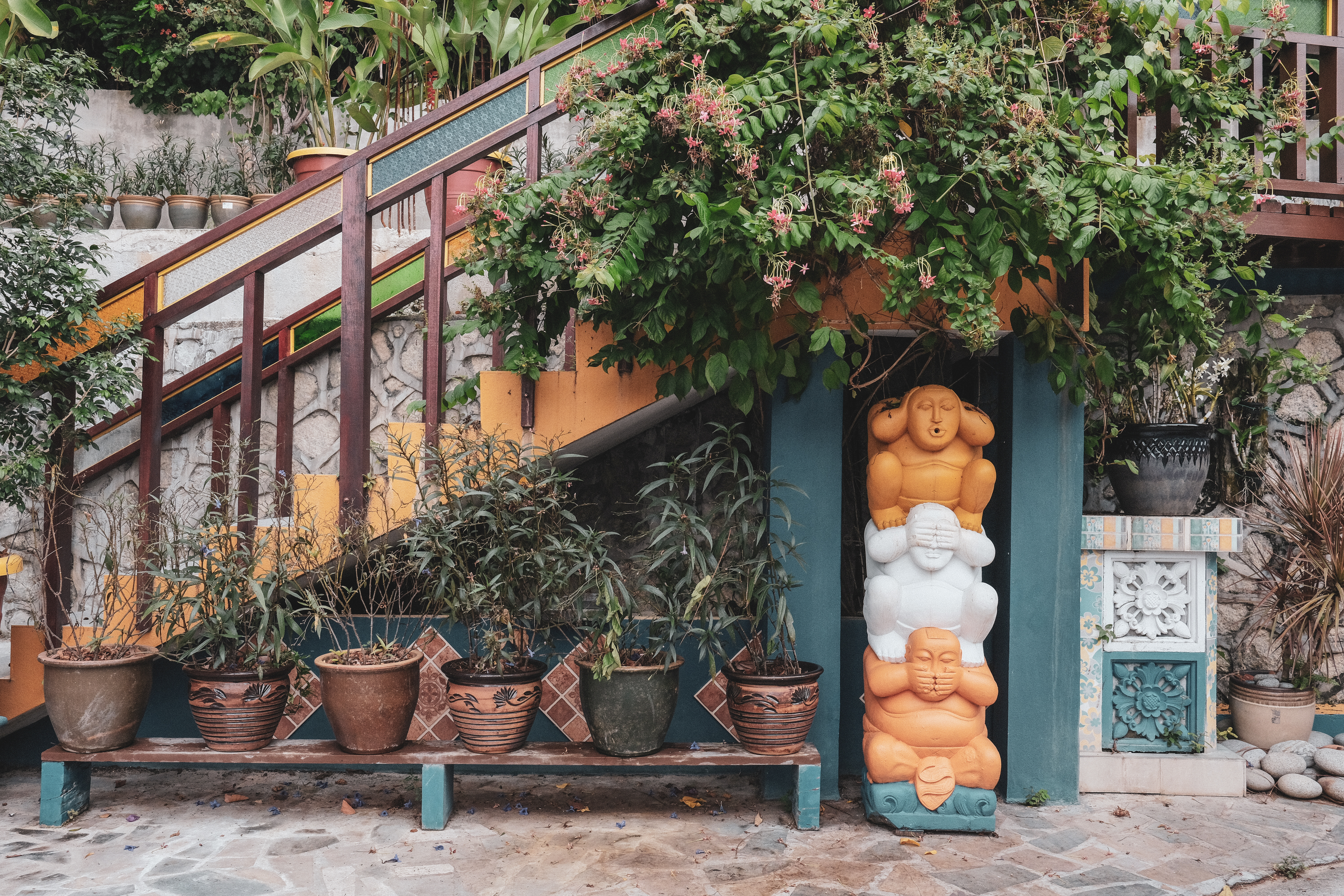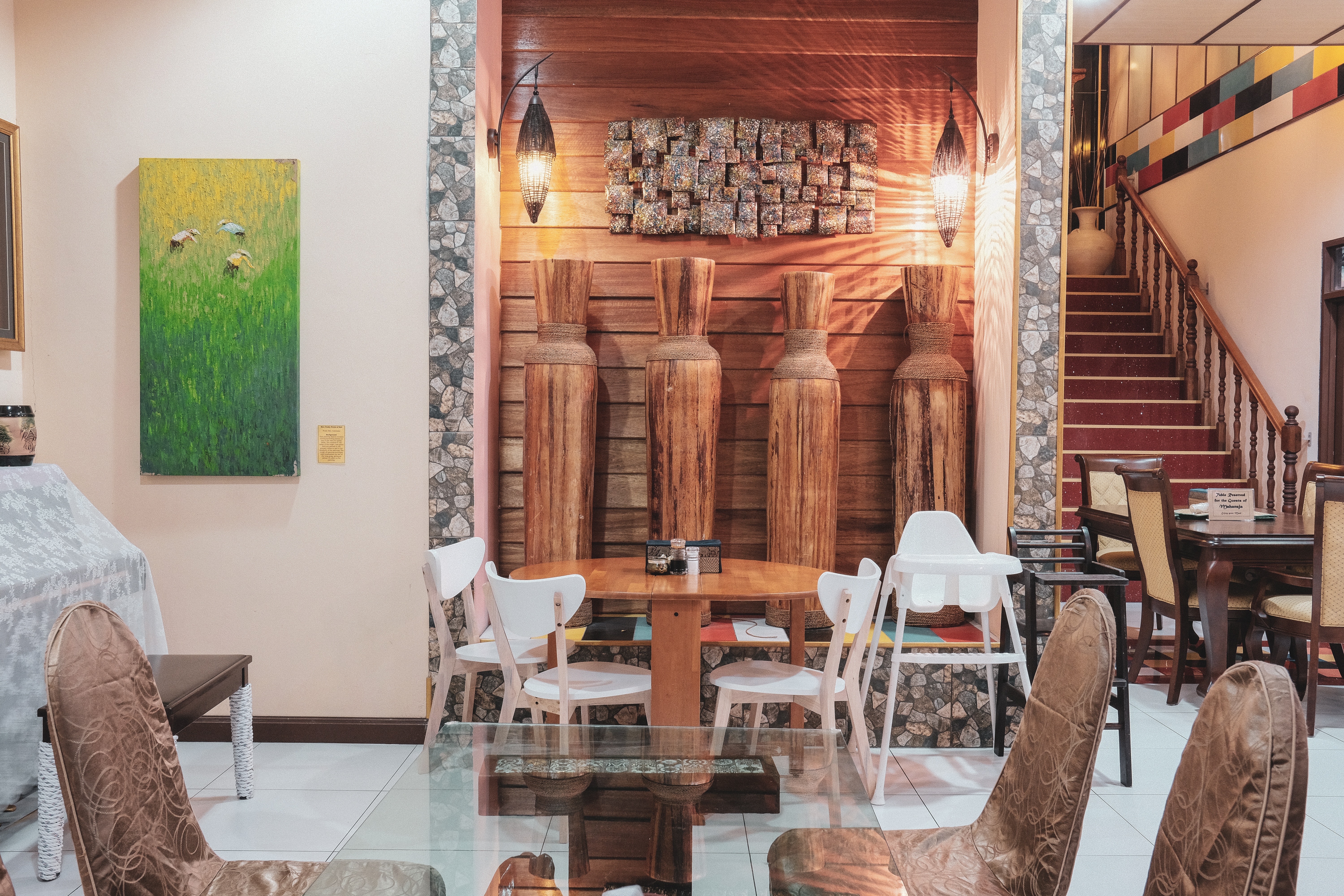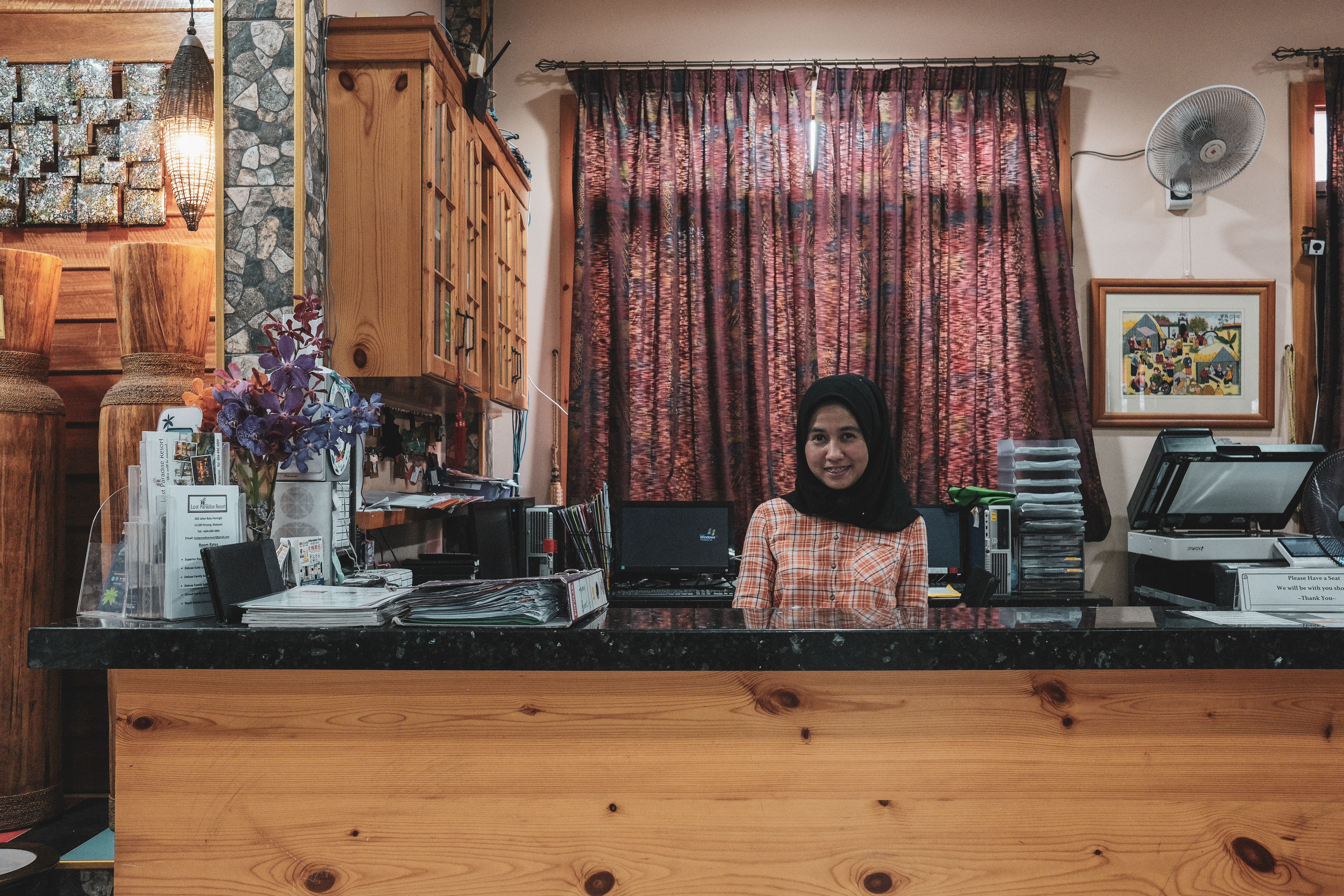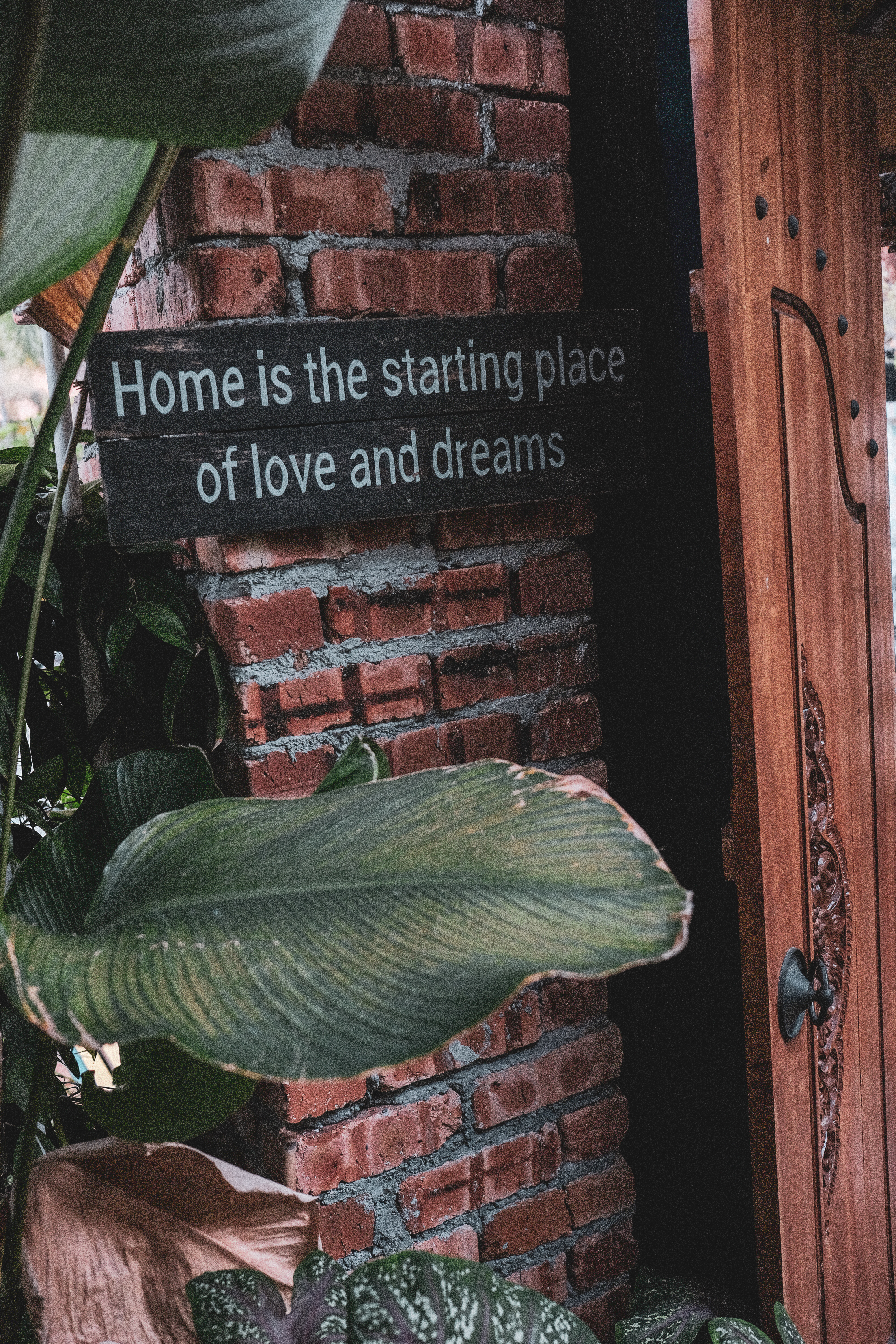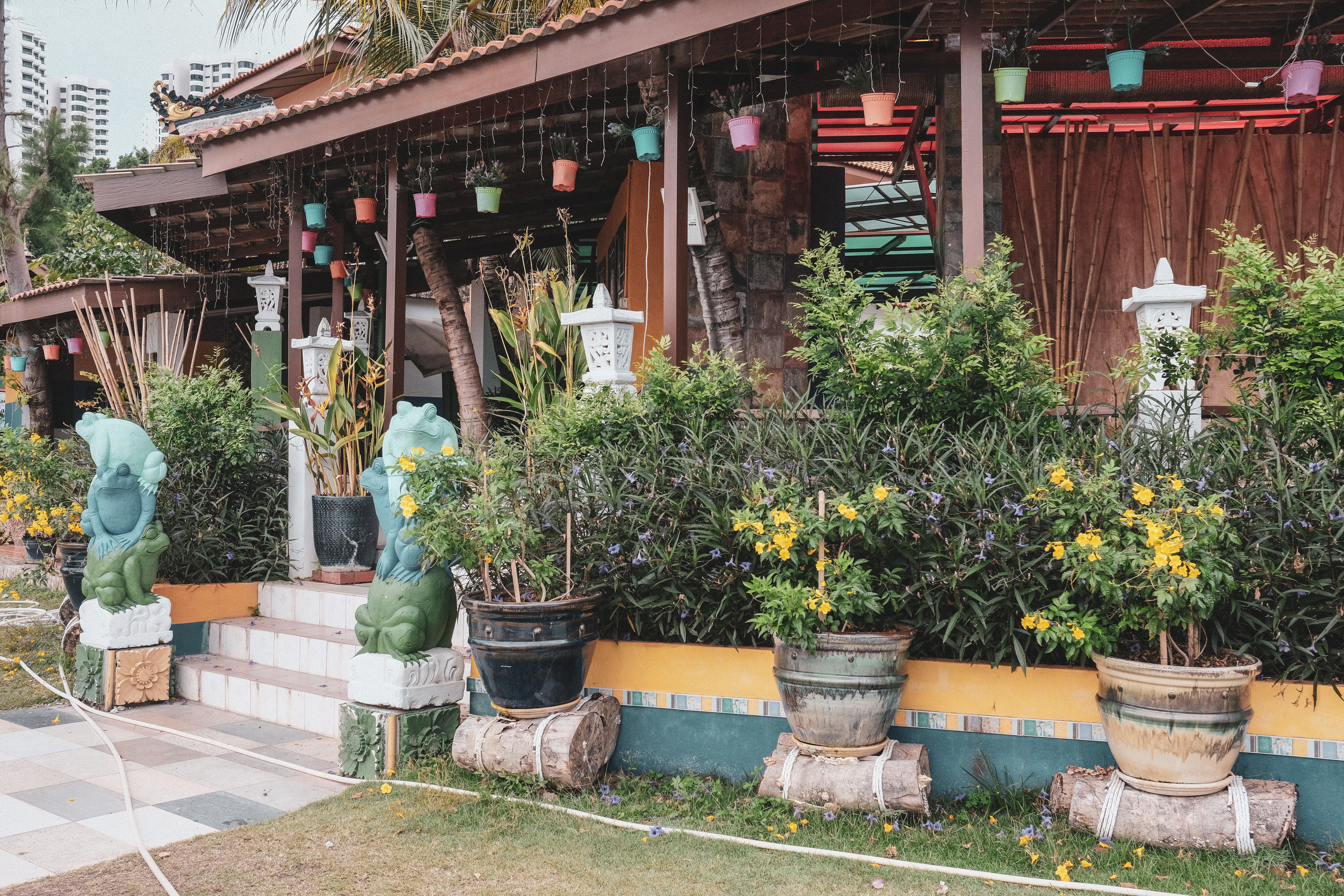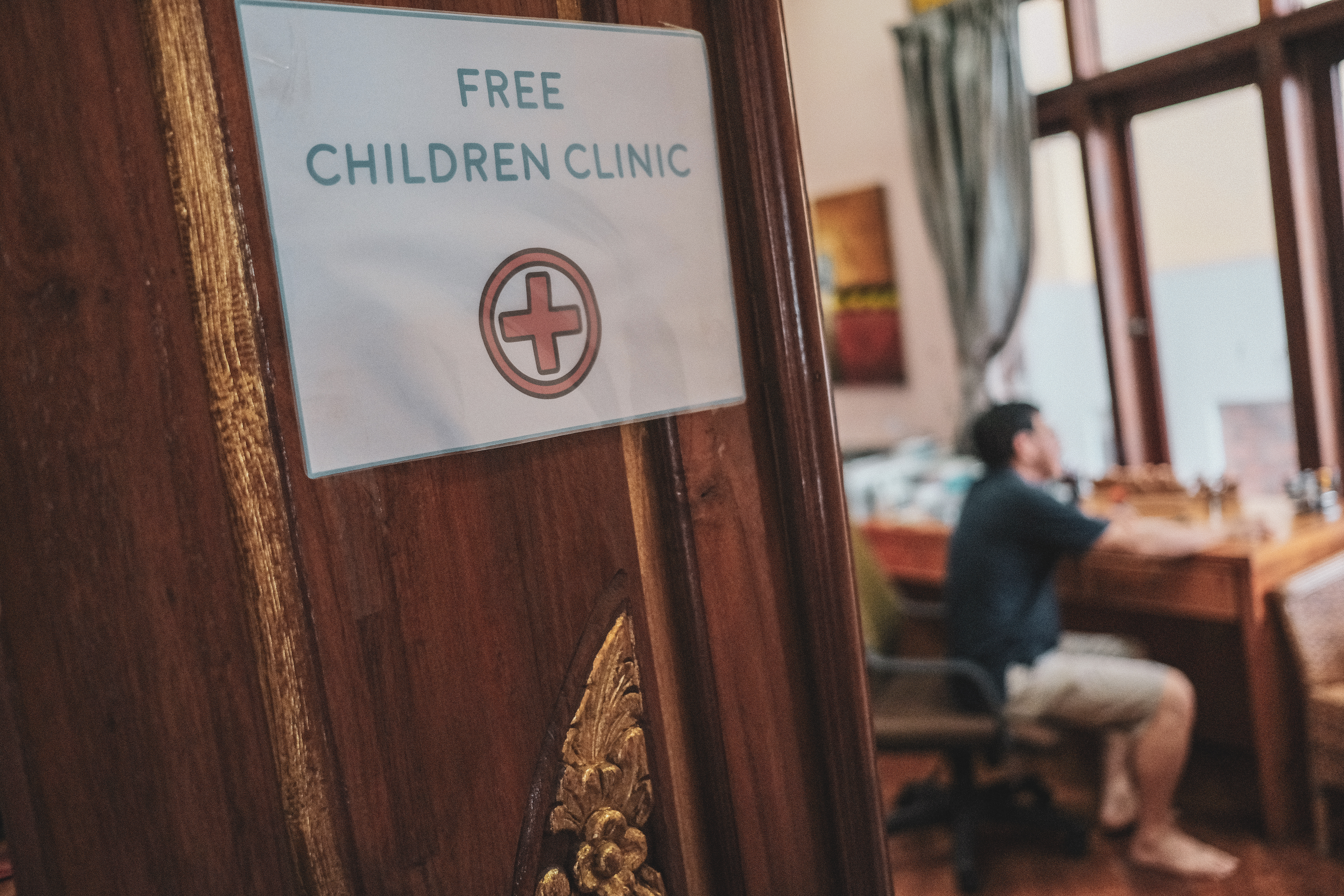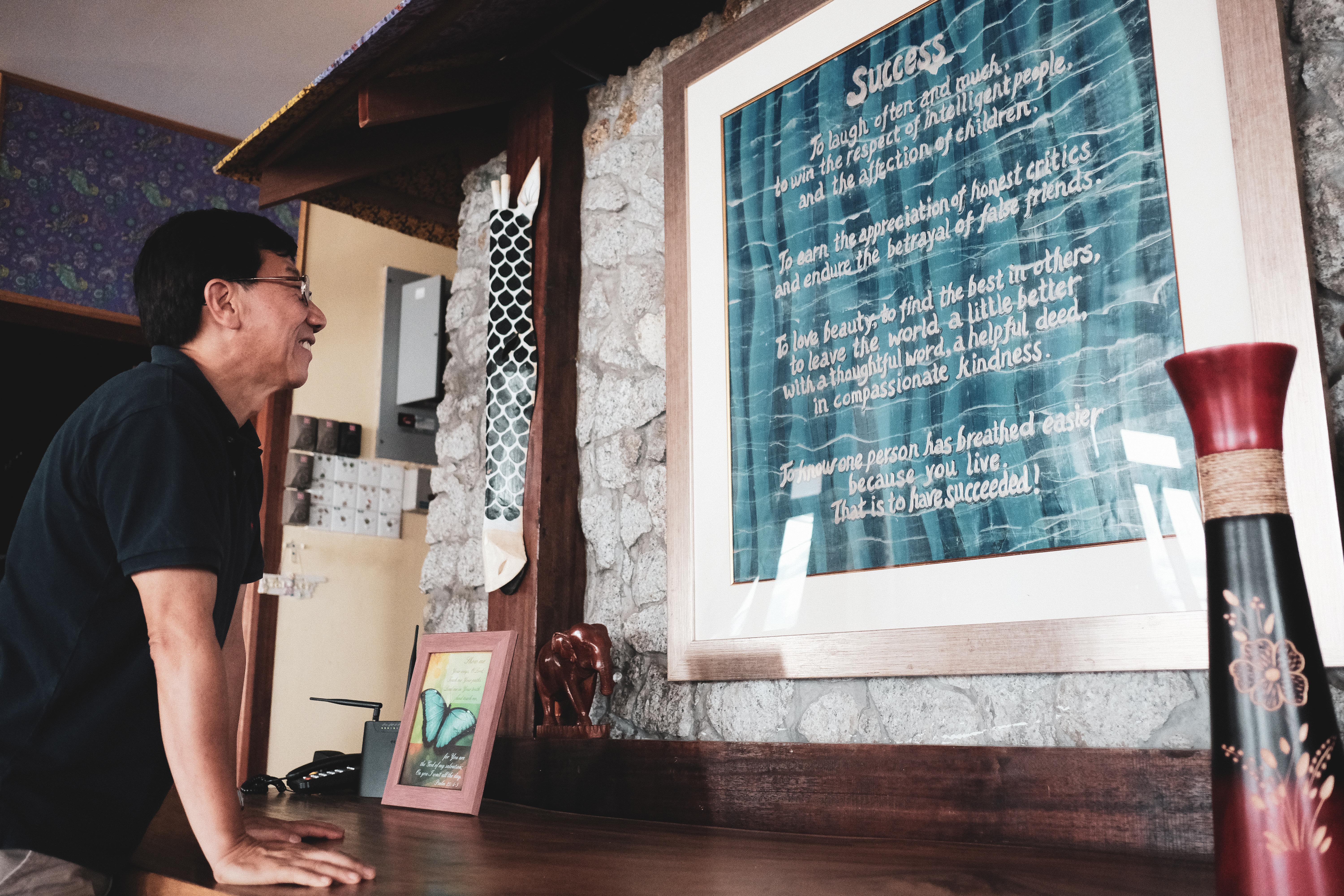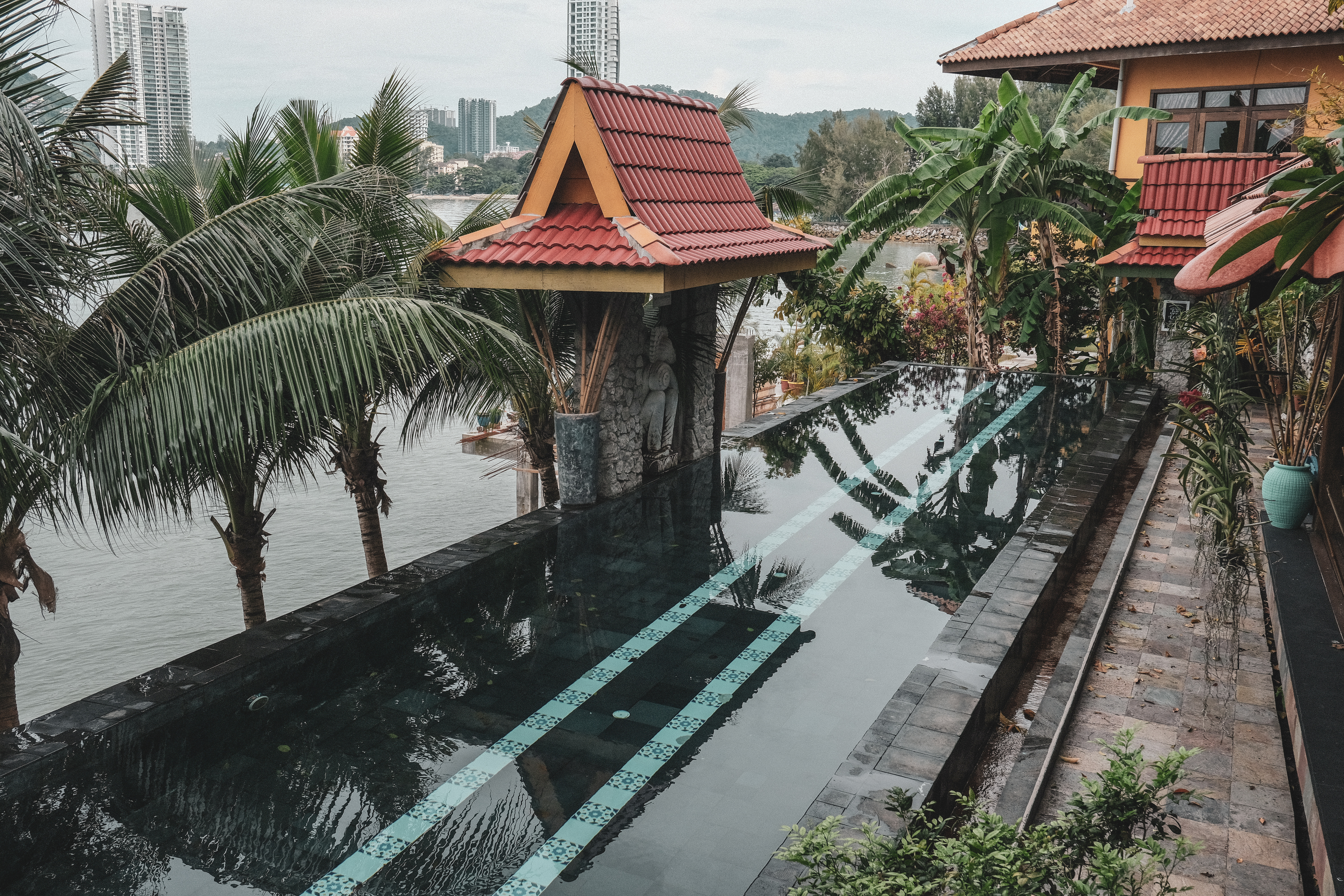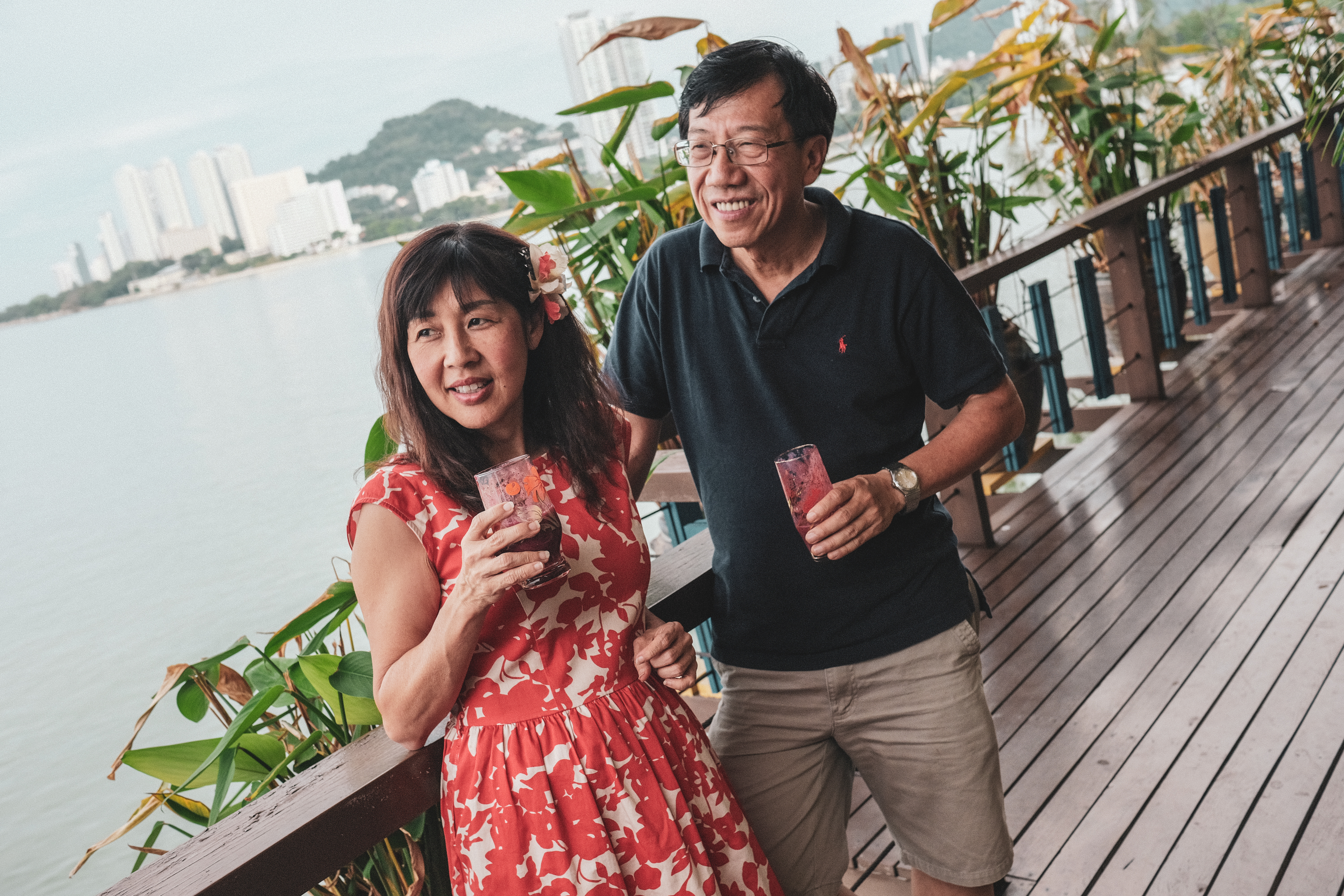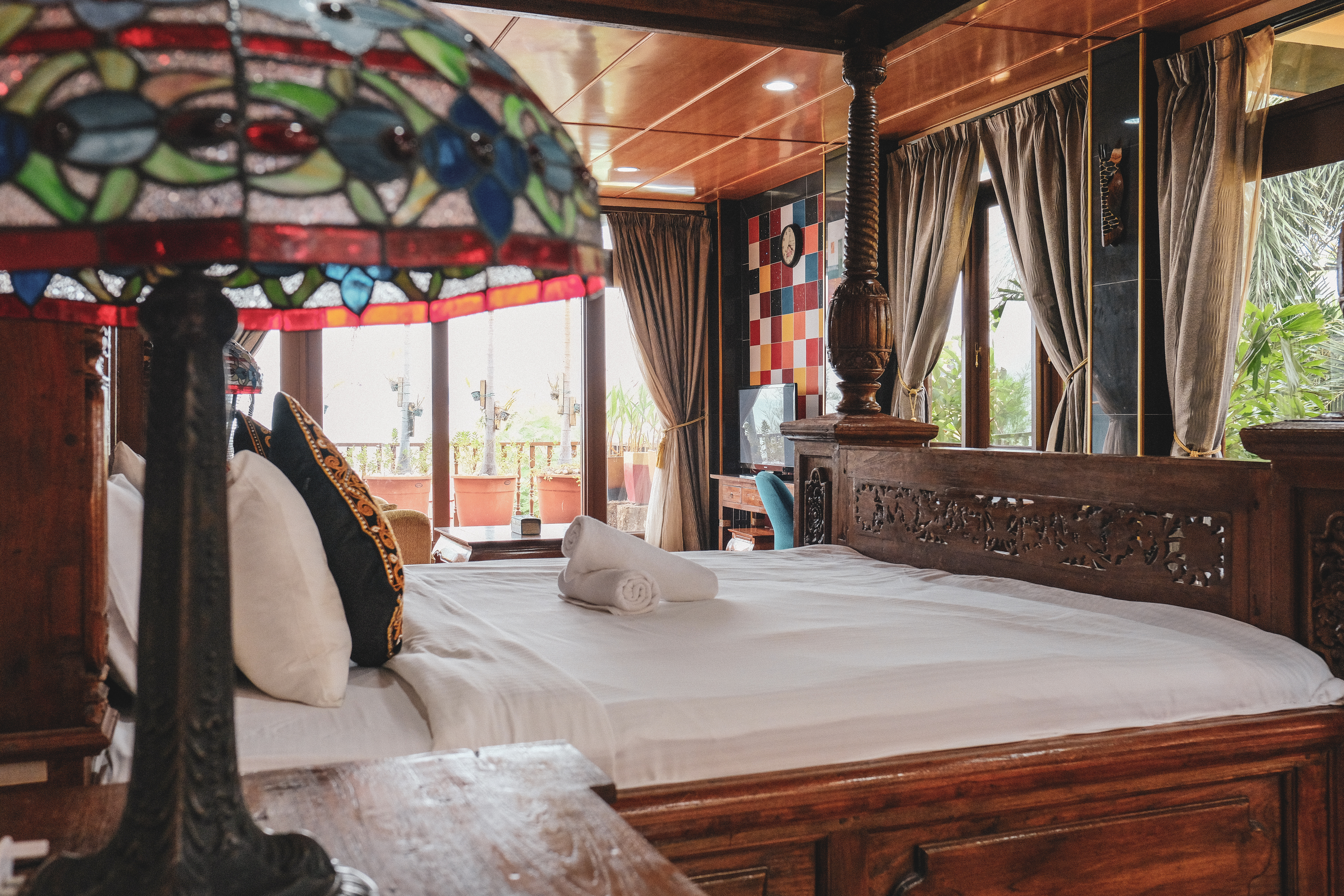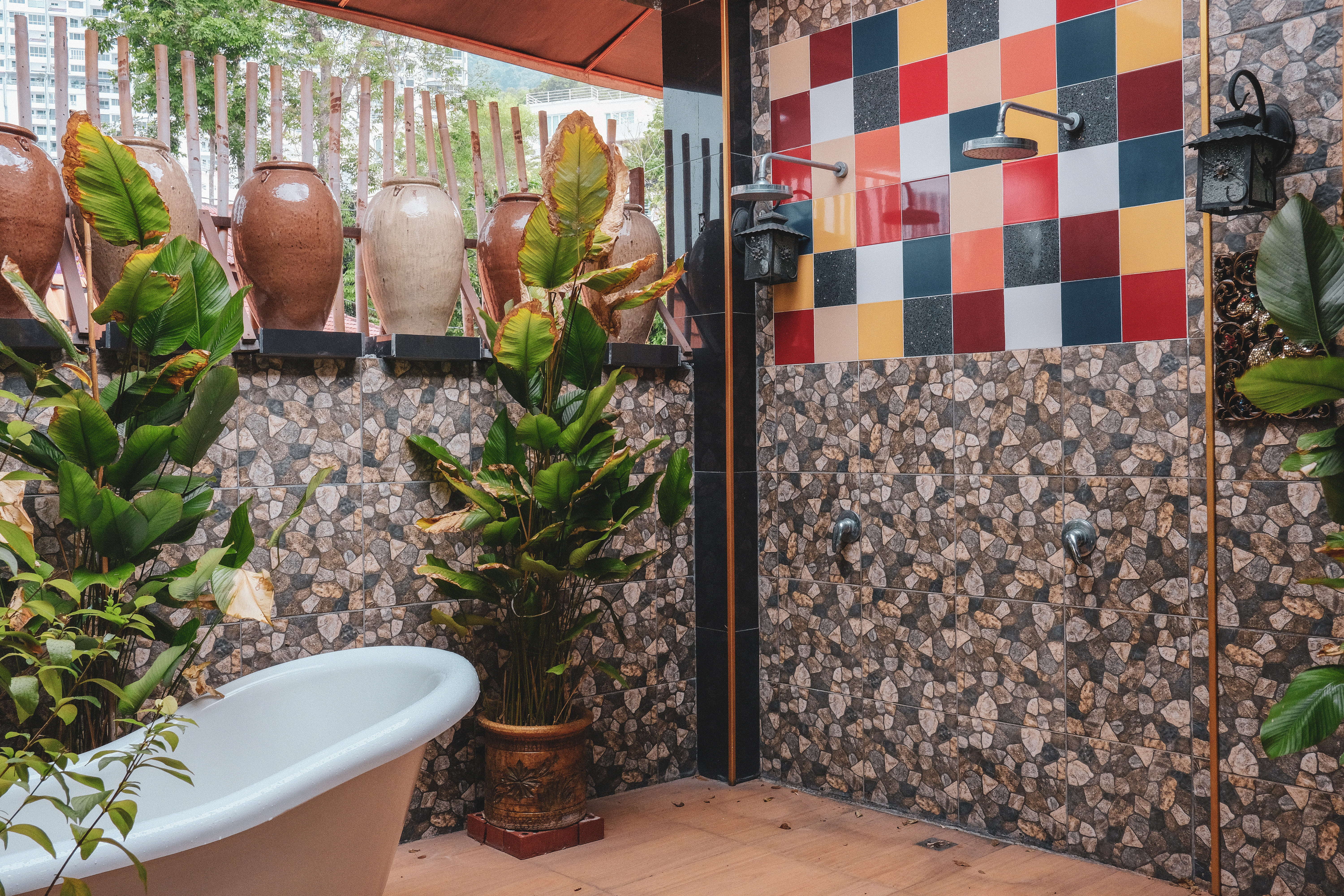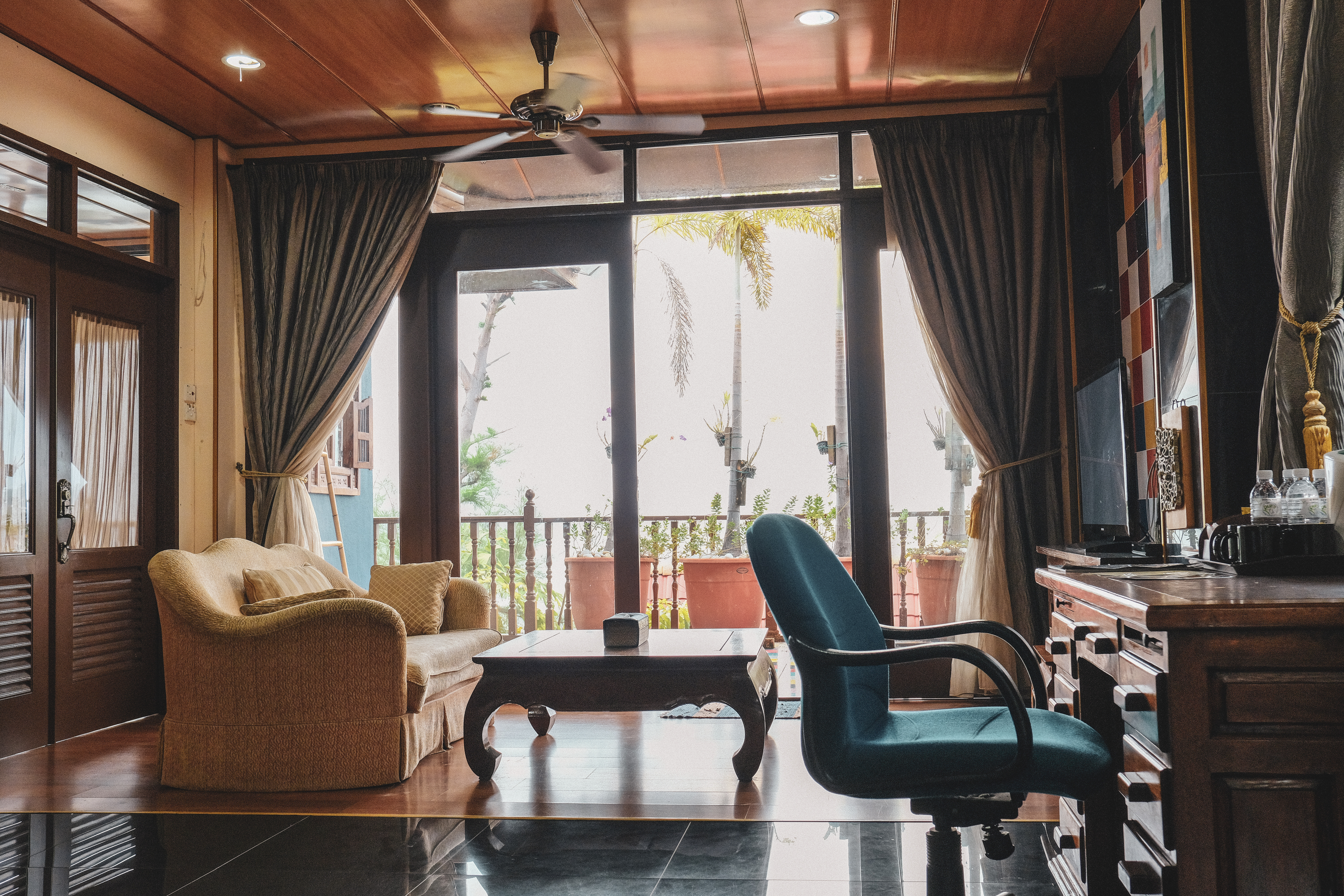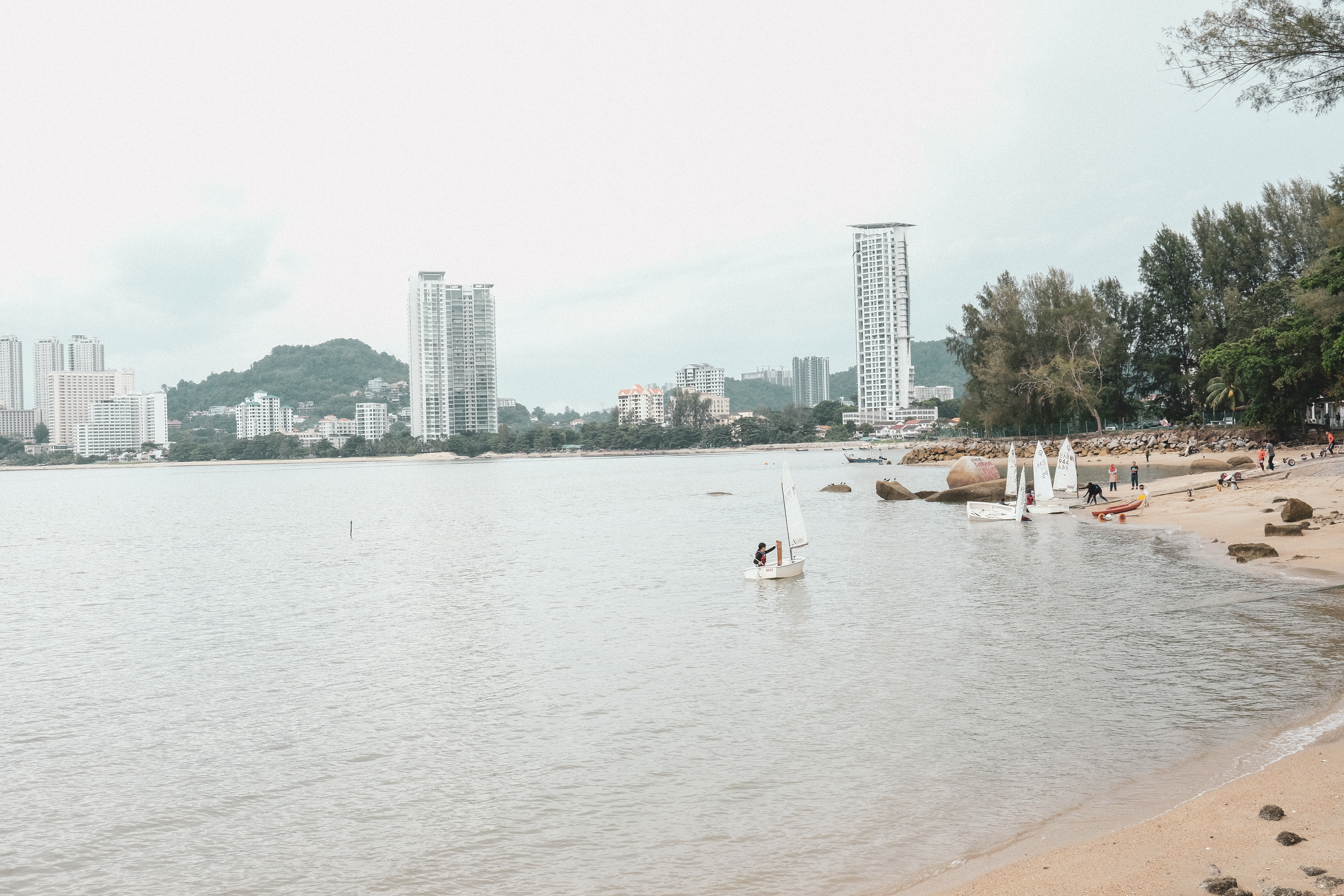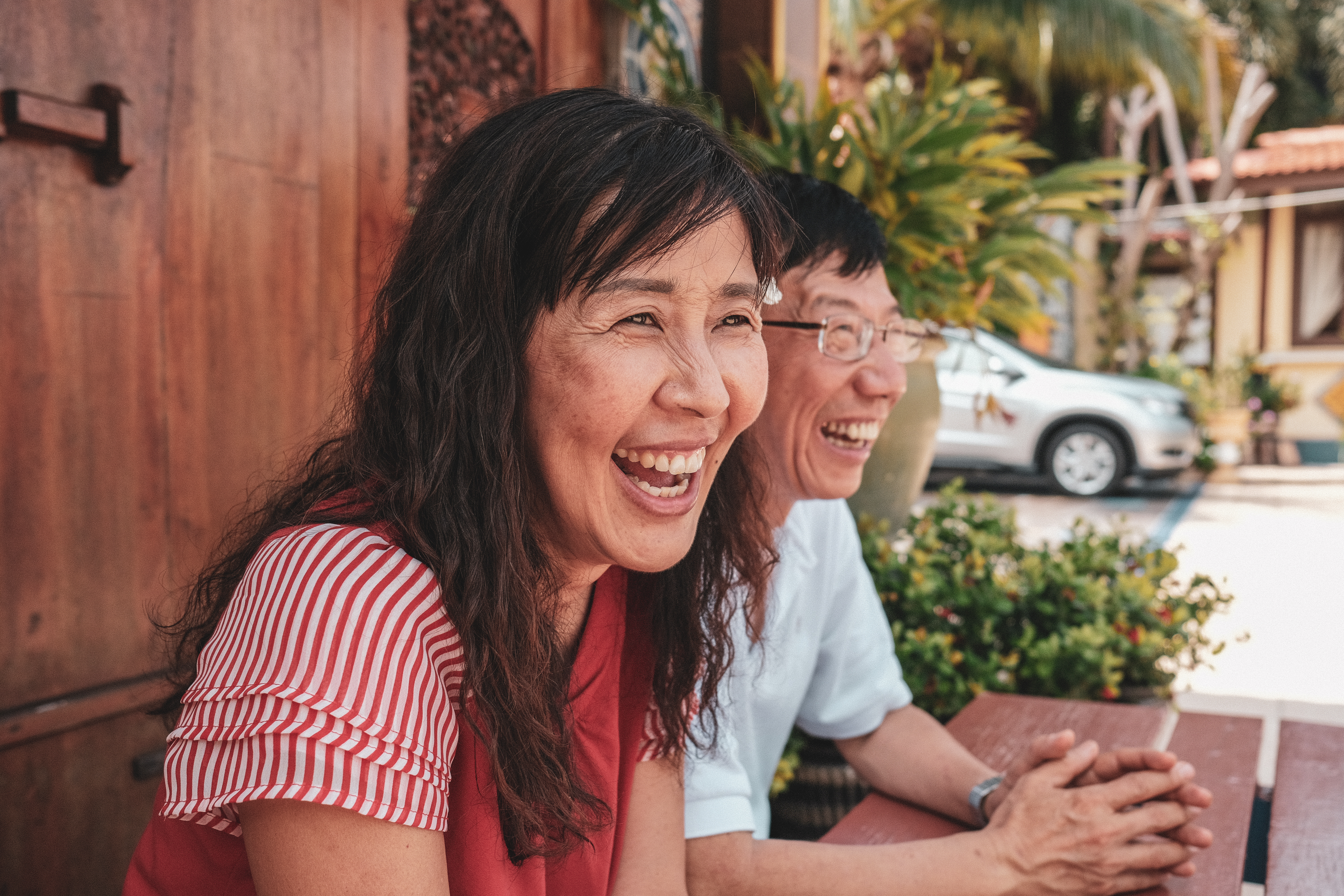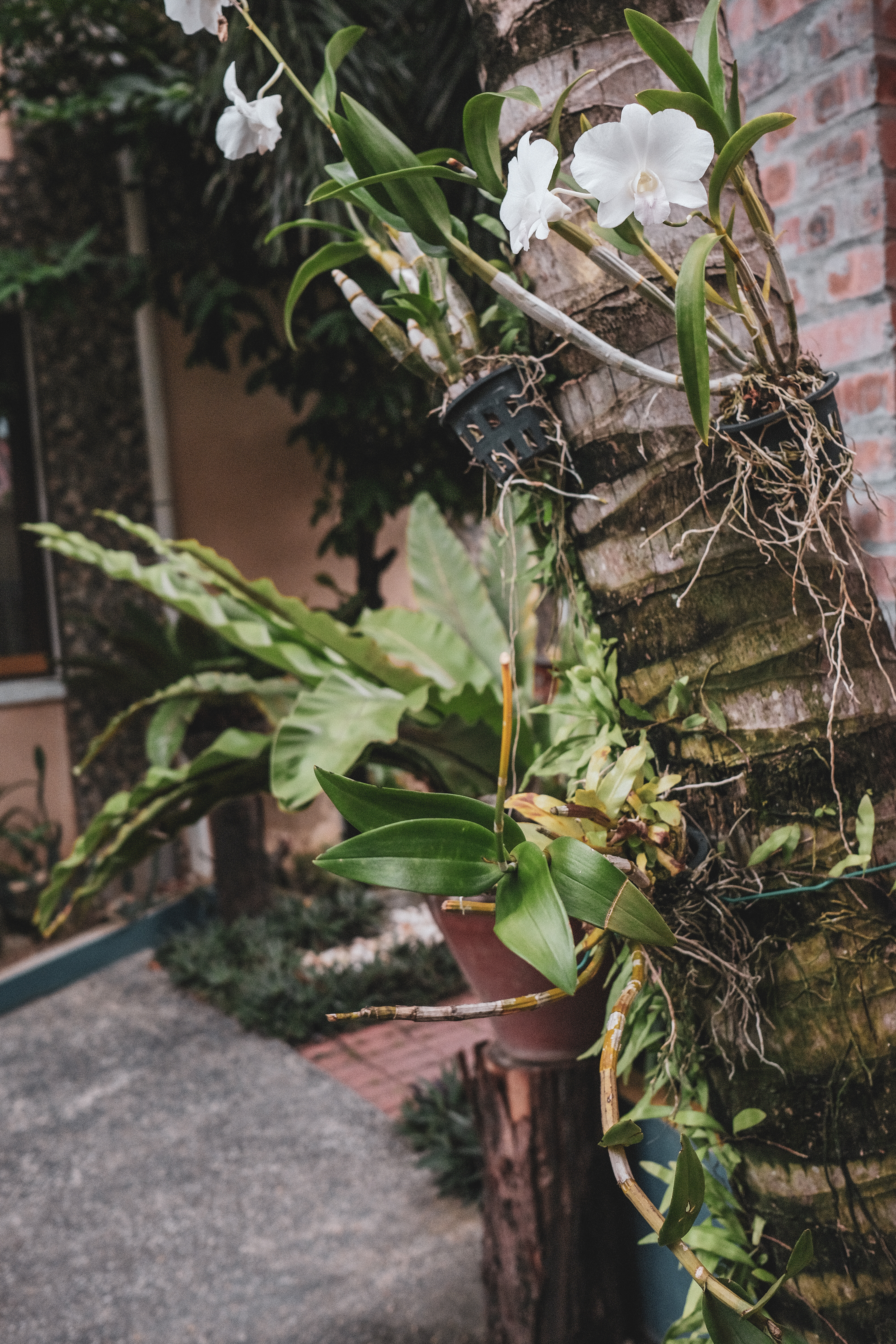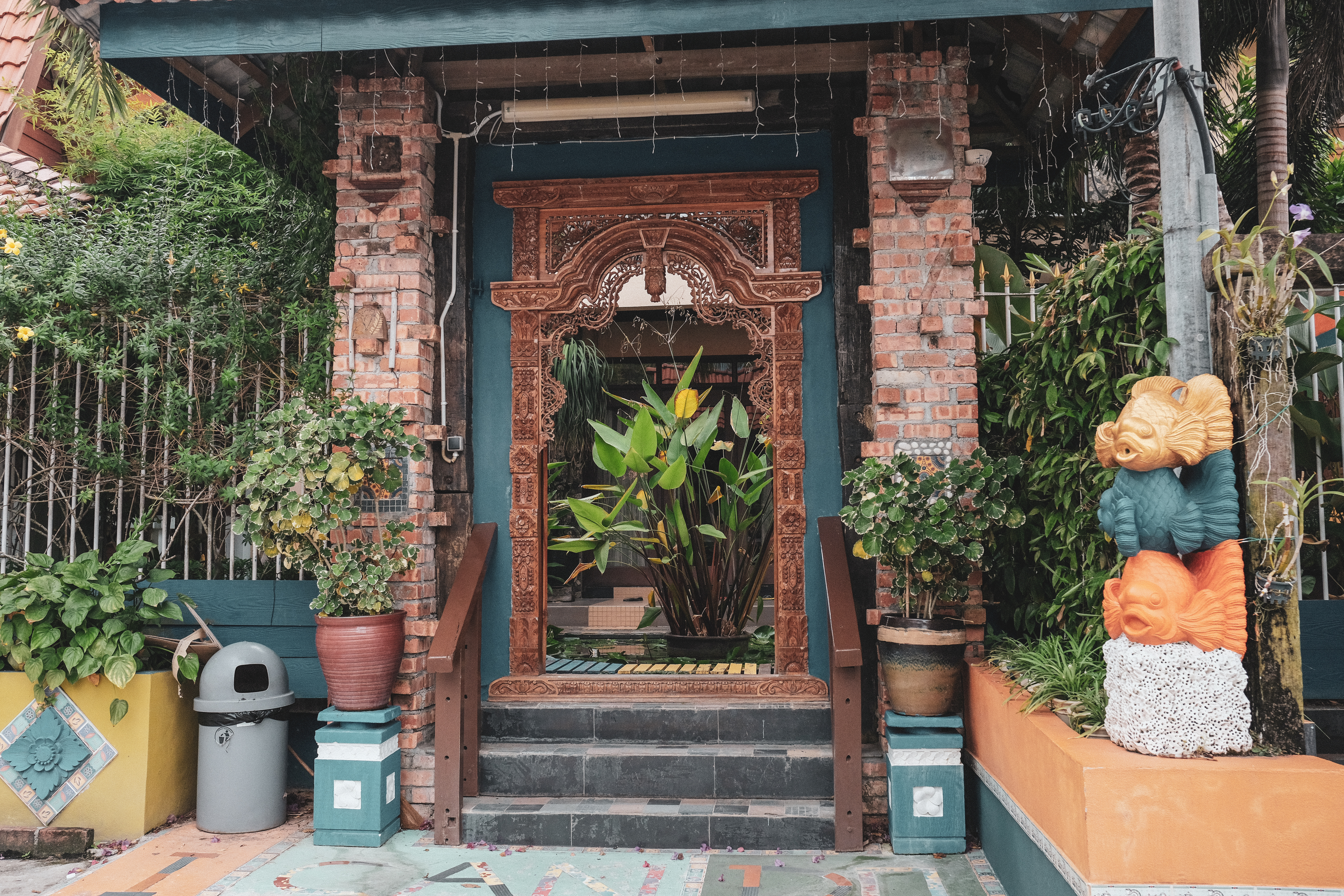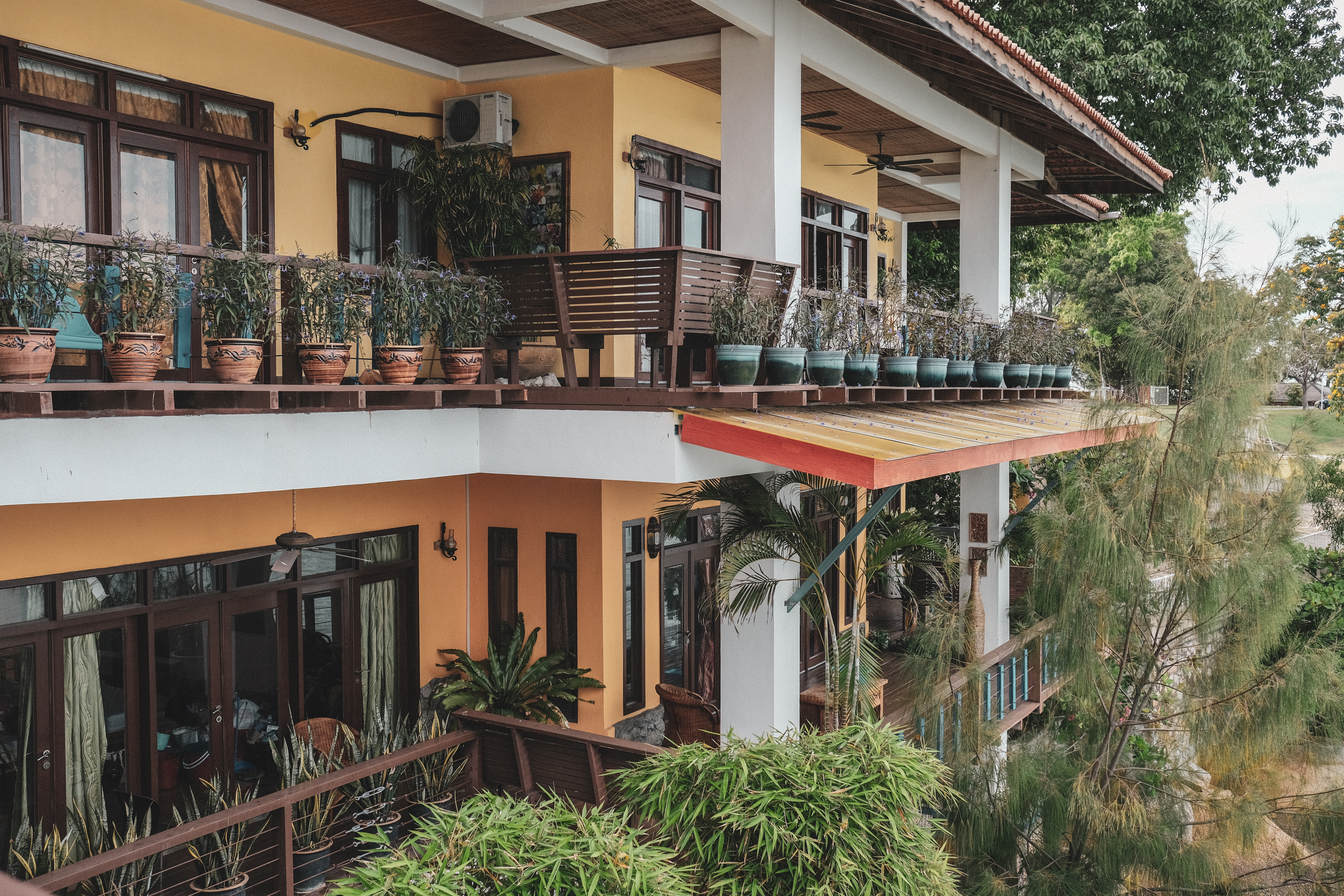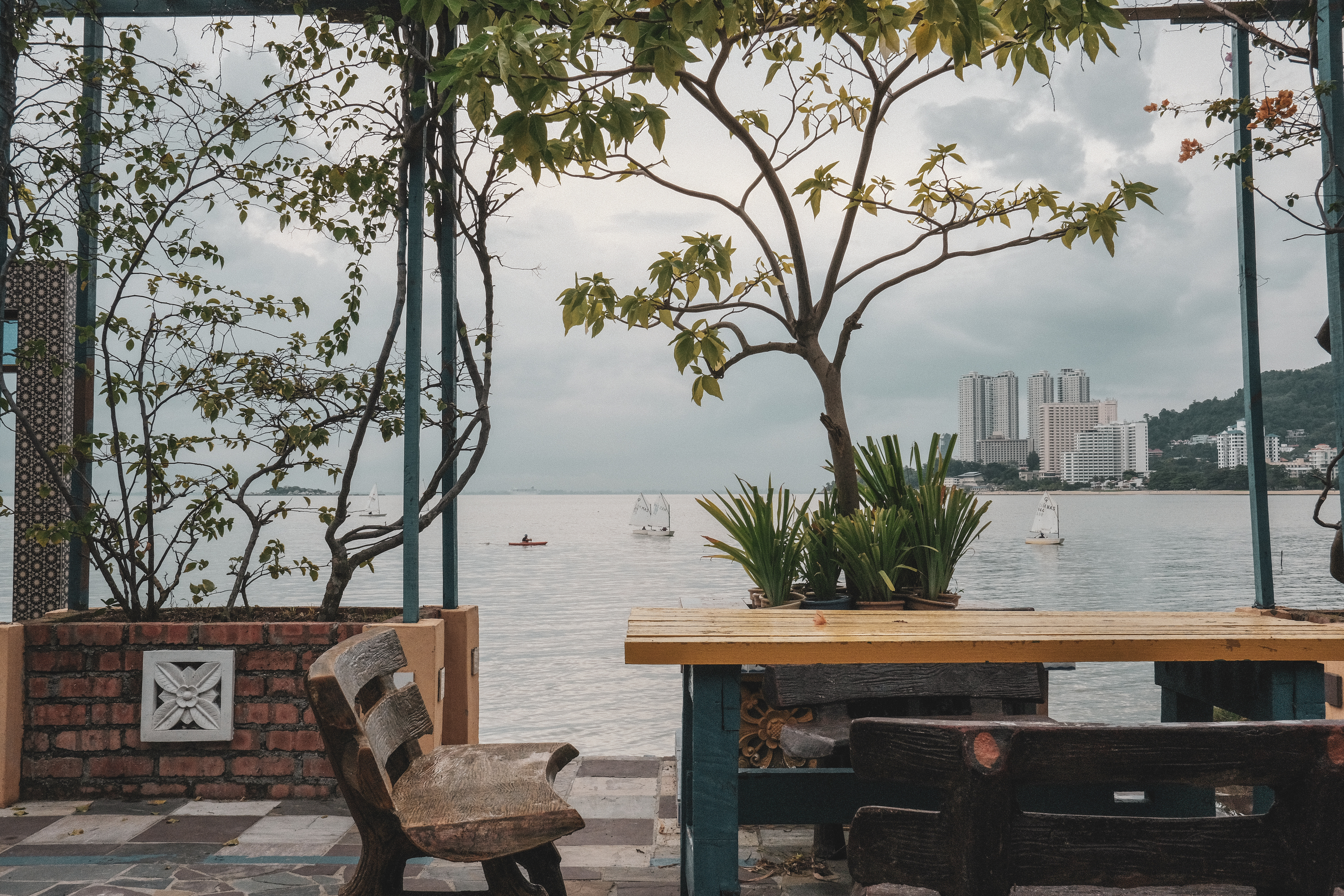Sail into sun, sea and sustainability
Help Batu Batu stay the course amid the pandemic
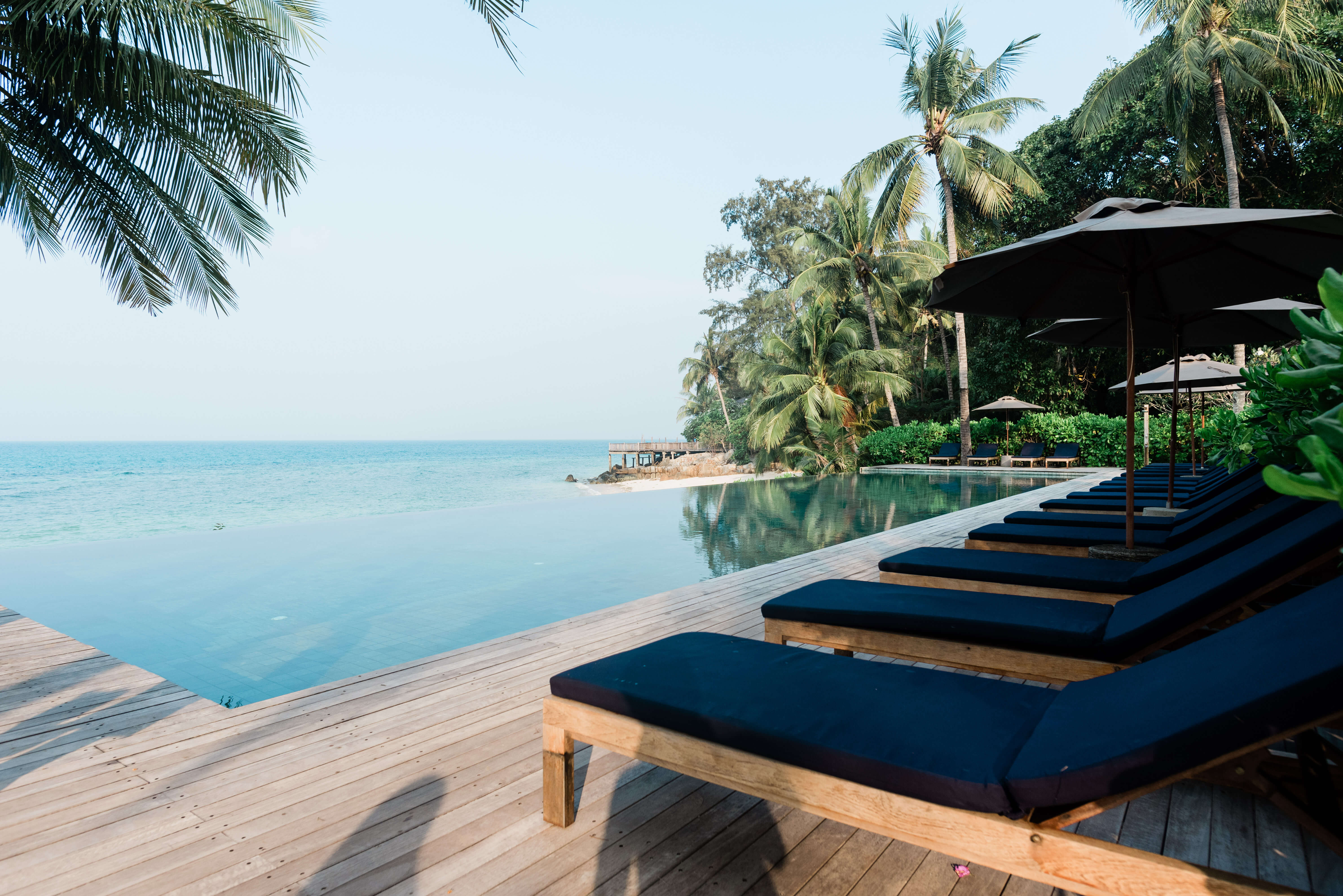
A fantasy beach holiday may go like this: your boat cruises to a stop, bobbing gently over crystal-clear turquoise waters. You step onto soft white sand, and lush palm trees form a chorus line to welcome you to your tropical getaway.
As the only resort on Tengah Island off the coast of Johor, Batu Batu’s wooden villas and eight private beaches indeed fulfils this sunseeker’s dream.
But this isn’t just another good-looking holiday destination. This pristine piece of paradise in the South China Sea also serves as a refuge for endangered green and hawksbill turtles, a centre for environmental conservation and a model of responsible tourism.
A slice of paradise

Upon alighting at the resort jetty, we had barely taken 10 steps before being drawn to the shimmering seawater teeming with schools of needlefish. A few good minutes passed before we noticed all our fellow boat passengers were still hanging around the jetty, similarly transfixed by the view.
We eventually start strolling towards the villas, shaded by a canopy of coconut, bamboo and palm trees swaying gently in the breeze. I pause (again) for a closer look at the crystal-clear waters, which was when I spot large patches of seagrass and coral reefs – the first hint that a rewarding snorkeling experience awaits at Batu Batu.
As I settle into the spacious villa, I find a copy of the resort’s Green Guide on the coffee table, detailing Batu Batu’s environment and conservation initiatives. It also notes that the reefs surrounding Tengah Island are home to diverse marine life: critically-endangered hawksbill turtles, endangered green turtles, black tip reef sharks, clownfish, barracuda, moray eels, blue-spotted stingrays and more. Occasionally, some dugongs even swim by for a visit.
Resorting to conservation
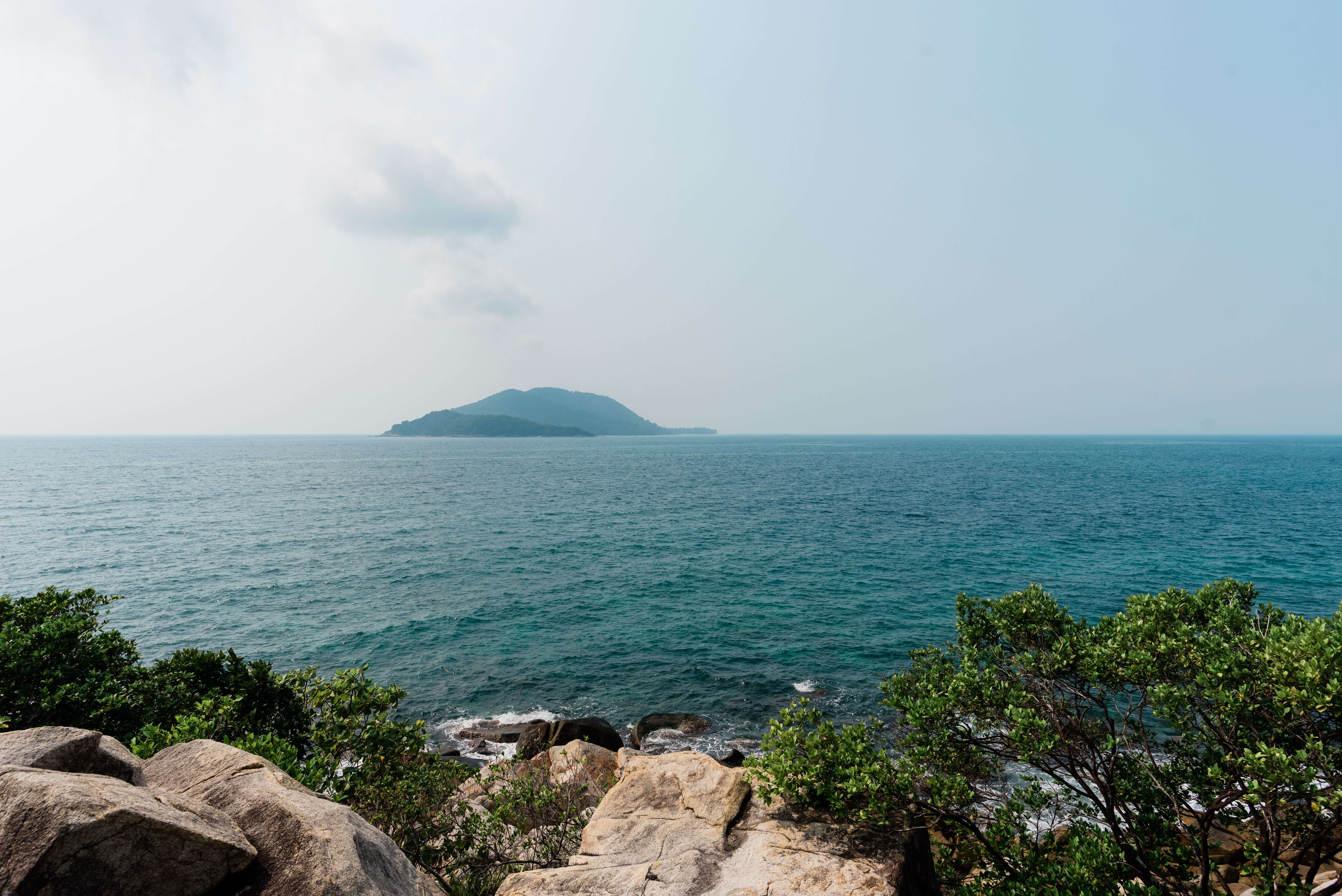
Such abundant marine life is not something Batu Batu takes for granted, which is why its Co-founder and Managing Director Cher Chua-Lassalvy advocates a “tread lightly” approach in running the resort.
Her care for the environment stems from a personal place, as Tengah Island used to be Cher’s family’s private retreat for close to 15 years. Her father, who bought the property “out of love at first sight”, was happy to keep things as they were.
So in 2009, when her father proposed that they start a resort, protecting the natural beauty of a place they love was a priority.
Johor Marine Park — in which Tengah sits, together with popular island destinations like Pulau Rawa and Pulau Besar — has been affected by human activity such as illegal poaching, reckless anchoring and pollution over the years, causing reef health and marine life to decline.
As such, the resort has been designed to limit negative impact from human activity. “We went from wanting to make sure we didn’t spoil the place by opening something here, to realising after a few years that our presence here meant that some things improved instead,” she shares.
For example, the coral reefs became healthier once boats were no longer allowed to anchor in the area in front of the resort, and turtles also returned to nest on the beaches.
“Because we’re here, poachers no longer come onto the resort’s beaches – whereas on uninhabited islands there is less to stop them,” says Cher.
“It started as ‘We don’t want to destroy the island’… and became ‘Can we actually regenerate it?’”
Cher Chua-Lassalvy Co-founder and Managing Director, Batu Batu
In 2017, Batu Batu founded Tengah Island Conservation (TIC), a non-profit “biodiversity management initiative” to focus on research, rehabilitation and regeneration of the island’s natural environment.
Profits from the resort provide core funding for TIC, which has a team of five full-time marine biologists and environmental scientists stationed on the island. Since TIC began reef restoration efforts, it has seen reefs in its nursery grow up to 5cm per month.
Four-flippered freedom
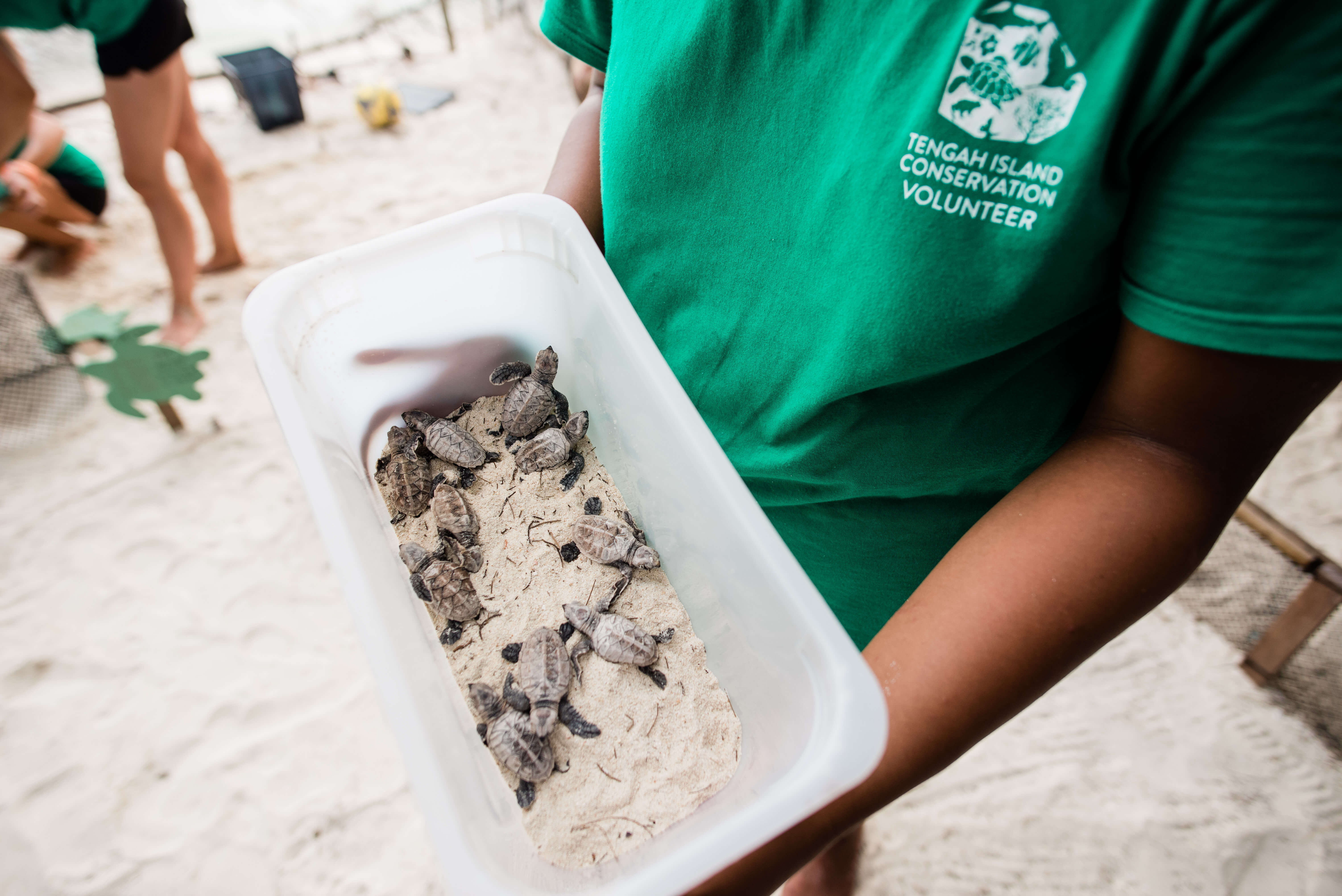
We were listening intently to one of TIC’s Turtle Conservation Talks for resort guests, when we heard excited exclamations — TIC had just excavated a batch of late-to-hatch baby turtles, and were about to release them.
Cue a dozen adults running out to witness this rare sight, and cheering on each tiny hatchling in their race to the sea.
The sea turtle hatchery was set up in 2015 to prevent turtle nests being poached — for sale and consumption — from the back of the island. Today, to protect even more nests, the TIC team conducts daily morning and night boat patrols around the seven neighbouring islands as well.
Between 2015 to 2019, TIC managed to protect 254 nests from poachers and predators, and released 17,581 endangered green and hawksbill turtle hatchlings into the ocean.
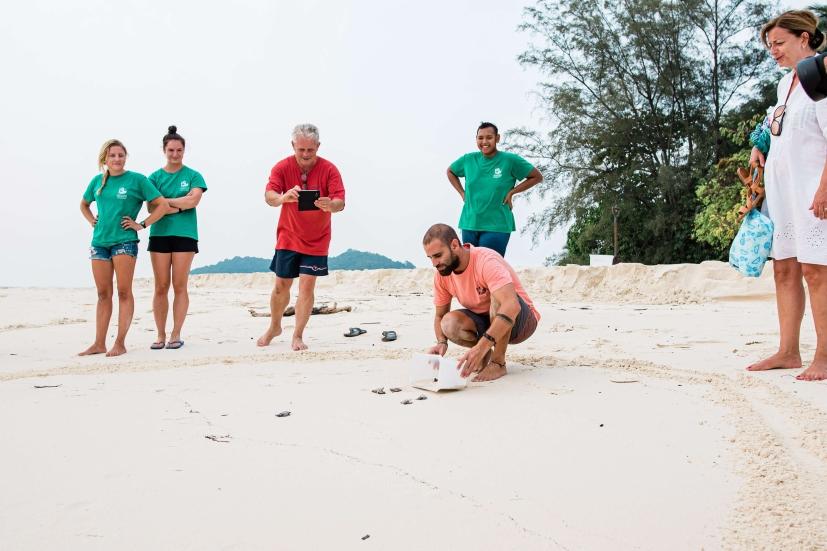
After the last tiny turtle found the way to its swim debut, TIC Outreach Coordinator Mohammed Alzam, who was conducting our talk, shares that watching hatchlings being released to sea never gets old – and is in fact, his favourite sight on the island, followed by the black-tipped reef sharks, a relatively gentle species that’s generally harmless to humans. “There are lots of them around here. In the waters around Batu Batu’s restaurant, you can find seven to eight of them circling during low tide,” he adds.
To support the hatchery, guests can adopt a turtle nest for MYR300 (about US$72) or more; in turn, TIC provides sponsors with hatching statistics, photos of the baby turtles and recognition at the sponsored nests.
Trash talk
At Batu Batu, you can relax to the rhythm of waves crashing onto the rocks by the seaside pool, or knead your woes away with a traditional oil massage at the resort spa.
For some outdoor action, kayak into the big blue, or hike through the island’s jungle where multiple lookout points offer panoramic views of the surrounding islands.
Or consider the impact of human action on our planet; check with the TIC team on whether you can participate in its beach clean-ups.
In 2018 and 2019, they collected close to 23,080 kg of mixed marine debris (which included 44,140 individual plastic bottles) and removed 10.56 tonnes of “ghost gear” such as lost fishing nets, through their beach and underwater clean-ups.
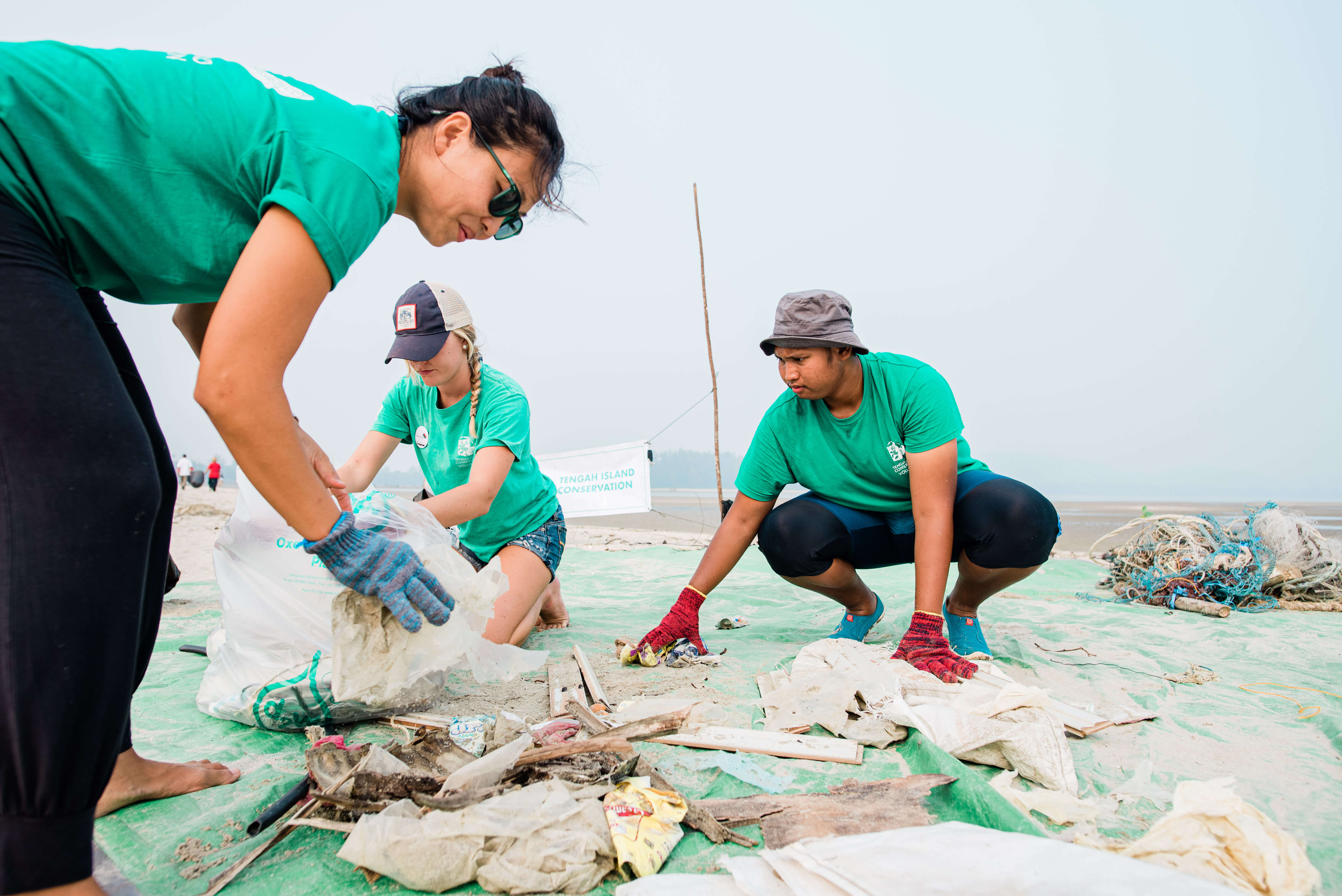
At the end of each week, all recyclable items collected are sent to Clean & Happy Recycling in Mersing — the closest town 20 minutes away by boat.
Aside from leading regular beach clean-ups, Batu Batu has also ventured into Mersing schools, conducting environmental awareness programmes.
“Tourism industries are where things are really beautiful. And if that beauty is destroyed, that destroys the tourism industry,” says Cher. “So if we really want to push change and develop sustainable tourism, we can’t sit here and preach. We have to try and win Mersing locals.”
Recalls Zam: “On my first day with TIC, [Cher] wanted me to come up with a proposal for the school programme right away! After months of discussion, we managed to come up with the name ‘PEDAS’, short for Pasukan Pendidik Ekologi Dan Alam Sekitar.
“In Malay, this acronym has a double meaning: It has an environmental theme, but also means ‘hot and spicy’! Which is rather catchy and funny, especially for school kids.”
A multi-stakeholder environmental education programme for Mersing’s schools, PEDAS’ partners include Reef Check Malaysia, Trash Hero Mersing, Johor Marine Park Department as well as Mersing’s District Council, District Office and Education Office.
The partners worked together to create the programme, which comprises five modules on marine ecosystems, coral reefs, sea turtles, marine mammals and marine debris, and visit schools together to conduct outreach.
“The students don’t know we have sea snakes, groupers, dolphins and sometimes dugongs here as well! They say, ‘Really? How come we’ve never seen them? How can we see them?’ That’s when we’re able to tell the children: ‘If you want to see them, you have to conserve them’,” says Zam.
Inclusive, not exclusive
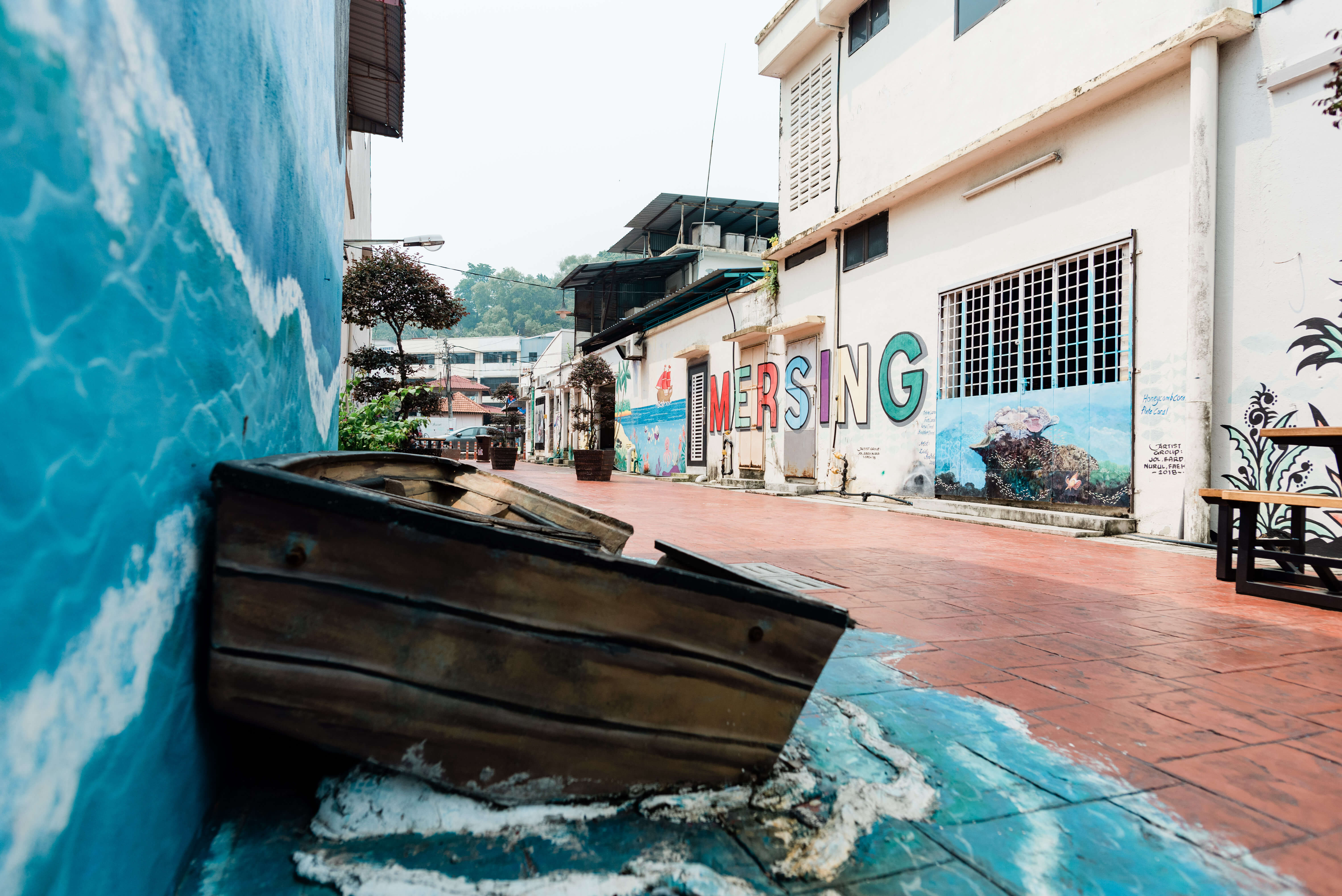
Batu Batu began as a private island destination, but it has grown beyond its shores and into the community at large.
Its latest venture is KakakTua, a guesthouse, cafe and community space in the heart of Mersing, converted from a 1950s shophouse.
“We get 500,000 tourists in the Johor islands and Tioman every year, but Mersing hardly benefits from that. People literally get out of their car or taxi, they look for their boat, and they go,” says Cher.
Through community arts, crafts and cultural programmes, Cher hopes that KakakTua will help to grow local appreciation for the town’s unique heritage, and encourage them to develop initiatives to help Mersing’s tourism scene thrive.
“We believe that increasingly, tourists are looking for authenticity. And what’s authenticity? It’s looking into the soul of a place. Looking into the lives and listening to the stories of its people. By starting KakakTua we hope to initiate the development of authentic tourism products and co-create an ecosystem of regenerative tourism, which will be driven by Mersing’s communities.”
Be a guest at Batu Batu Resort — a stay supports important conservation work on the island and beyond. In 2019, about 10 per cent of Batu Batu’s profits went towards funding Tengah Island Conservation, which has a team of five full-time marine biologists and environmental scientists stationed on the island.
Alternatively, adopt a turtle nest, or make a donation to Tengah Island Conservation.
Batu Batu also practices and champions sustainable tourism practices:
Low-density development (just 22 villas) to limit human population on the island
No disposable toiletries/single-use items (shower gel, shampoo, conditioner are in large refillable bottles; no toothbrush, shower cap, cotton buds)
No single-use plastics (no plastic bottles; glass bottles and glasses provided)
Solar panels that will fulfil 30 per cent of the resort’s energy needs
Water treatment systems to treat sewage (so no dirty water is discharged into the sea)
Weekly recycling – all recyclable items are sent by boat to Mersing’s Clean & Happy Recycling
An organic garden that supports guest and staff kitchens
